Nowadays, there is a lot of discussion about the SOCD features of the keyboard. And Valve recently implemented a ban on Counter-Strike 2, prohibiting players from using the SOCD function in the game. Violators will be kicked out of the game. This move has sparked debate among players, as some argue that SOCD provides an unfair advantage, while others believe it enhances gameplay precision. Today let's explore what SOCD is, why it matters, and how different SOCD cleaning techniques are applied in gaming keyboards to enhance the gaming experience.
Table of Contents
What is SOCD?
SOCD is the abbreviation of simultaneous opposite cardinal direction, which means "Simultaneous Input of Opposing Cardinal Directions.". The four basic directions are called cardinal directions and are left, right, up, and down. It is a term used in gaming, particularly in fighting games and other competitive gaming scenarios.
However, there is a problem for some games to decide how to interpret the input when two opposing directions are pressed simultaneously. Inappropriate handling of this may lead to abnormal behavior, including a character being motionless, completely disregarding the input, or acting inadvertently.
SOCD cleaning
In order to maintain consistent and predictable gameplay, simultaneous opposing cardinal direction inputs must be managed, a process known as SOCD cleaning.
- Neutral SOCD Cleaning: When opposing directions (such as left and right) are pressed simultaneously during neutral SOCD cleaning, the system neutralizes the input and there is no movement or action.
- Priority-Based SOCD Cleaning: When two directions are pressed simultaneously, one takes precedence over the other in priority-based SOCD cleaning.
- Last Input Priority Cleaning: The last directional input supersedes all previously pressed directions in last input priority cleaning.
- First Input Priority Cleaning: The first directional input remains active until it is released, even if an opposite direction is pressed afterward.
SOCD on the keyboard
The SOCD function is primarily implemented in Razer keyboards and Wooting keyboards.
Razer snap tap
Razer introduced this as Snap Tap. When two opposing directions are detected, Snap Tap Mode will register the last input as the priority in that situation. This means that when you press two opposing directional keys in the middle of a battle, your character will no longer stop moving. Instead, you no longer need to release the preceding key in order to quickly shift directions.

Wooting SOCD
Wooting has launched 2 features of their keyboards. Initially, they were concerned that the last input priority from SOCD would make the game unfair, so they launched Rappy Snappy. After Razer launched the snap tap, Wooting launched the SOCD too.
Rappy snappy vs. SOCD
The Rappy Snappy feature activates the key that is pressed the deepest when two keys are pressed at the same time.
Wooting SOCD is similar to Razer's Snap Tap. When two opposing directional keys are pushed simultaneously, the keyboard will only activate the last pressed key and deactivate the other.

Akko Snap Keys
Snap Keys takes the latest directional input as priority. In other words, pressing both the left and right keys in succession will mean the last key pressed takes precedence.

How to use Akko Snap Keys?
Akko Hall Effect keyboards support the Snap Key feature, which you can find on models such as the MOD68 HE, MOD007B HE, TAC75 HE, MonsGeek M1 V5 TMR, and other magnetic switch keyboards.
In order to use this feature, please make sure your driver version is 370.1.37 or higher.
To use Snap Keys, press two opposing directional keys within the Snap Key window. This allows the last key pressed to take priority, ensuring smoother and more accurate movement, especially in competitive gaming scenarios.

How does SOCD work for the game?
In competitive gaming, SOCD can lead to advantages or unintended gameplay mechanics. For example, in fighting games, SOCD might allow for faster inputs or defensive techniques that aren't possible with standard controllers.
Counter-Strike 2, as an example, the A key is to move left, and the D key is to move right. With a standard keyboard lacking SOCD, when you pressed the A and D keys at the same time, the system would send the two commands A and D. As a result, the controlled character would stop in place because of the simultaneous execution of the left and right commands.

But with the keyboard with SOCD, this standing still problem will be solved. The keyboard overrides the previous input with the latest one. If you’re holding A to move left and then pressing D to move right, the keyboard will instantly switch to the rightward movement without any hesitation. This means you’ll never be stuck standing still when trying to jiggle peek or counter-strafe, allowing you to react faster and more precisely in-game.
The SOCD function reduces the recovery time required by the keyboard to eliminate key conflicts, allowing players to execute two opposite commands almost simultaneously, thereby achieving faster reaction speed in competitive games. At the same time, with the help of the SOCD function, players can control the movement and positioning of the character more precisely, especially when they need to quickly adjust the time that a part of the body is exposed to the enemy's line of sight, such as for a short observation or shooting behind a cover.
Is SOCD really suitable for gaming?
From a technical point of view, there is no doubt that SOCD can level up the gaming, which provides operational advantages.
However, with the introduction of SOCD, it essentially negates the effort players have put into mastering skill. And for e-sports, the essence lies in the skill confrontation between players; any external factors may weaken the true nature of the game. SOCD will bring unfair competition between players due to hardware differences. That is the reason Valve banned the SOCD function in Counter-Strike 2.

Thoughts for the industry
Although there are disputes about the application of SoC technology in the gaming field, it is undeniable that our technological innovation has indeed brought positive impacts on the gaming experience. Not just SOCD, there are a lot of devices that can be a great help for your gaming experience, just like more sensitive mice, headphones that allow players to detect enemy positions by sound, gaming routers that reduce network latency, and even gaming phones.
For the gaming peripheral industry, the main target is to provide players with a physical advantage. This will always be right to look for ways to improve user’s experiences for our practitioners, and how to find a balance between new technologies and user expectations will be an issue that the entire industry needs to consider.
Conclusion
Although the SOCD function has significant advantages in improving operational efficiency, the fairness issues it raises have caused widespread reflection in the industry. In the future, the industry may respond to this challenge by establishing stricter specifications, promoting technological innovation, and strengthening user education. As the e-sports industry continues to mature and develop, how to absorb technological progress while ensuring fairness will become a direction that the entire industry continues to explore and strive for.


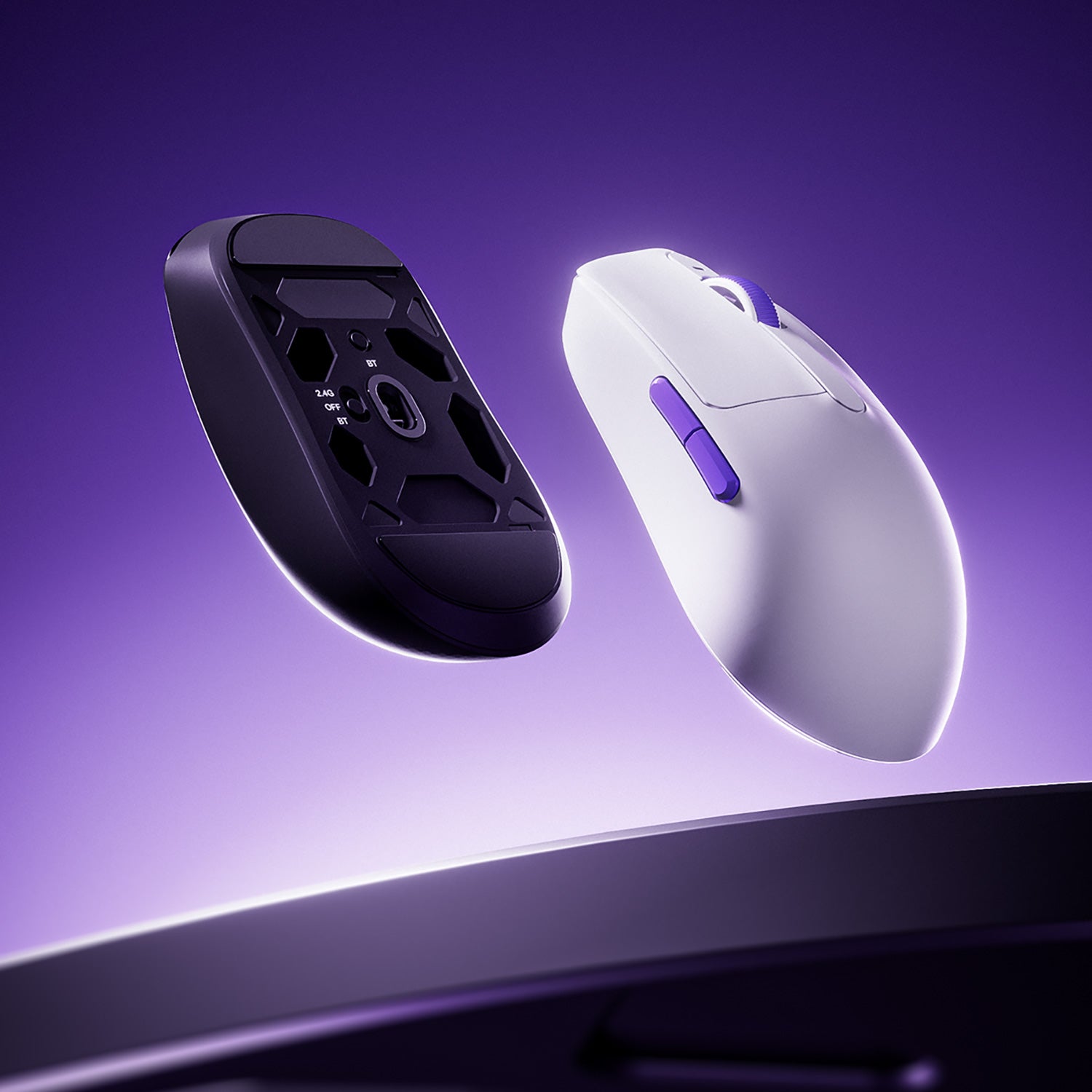
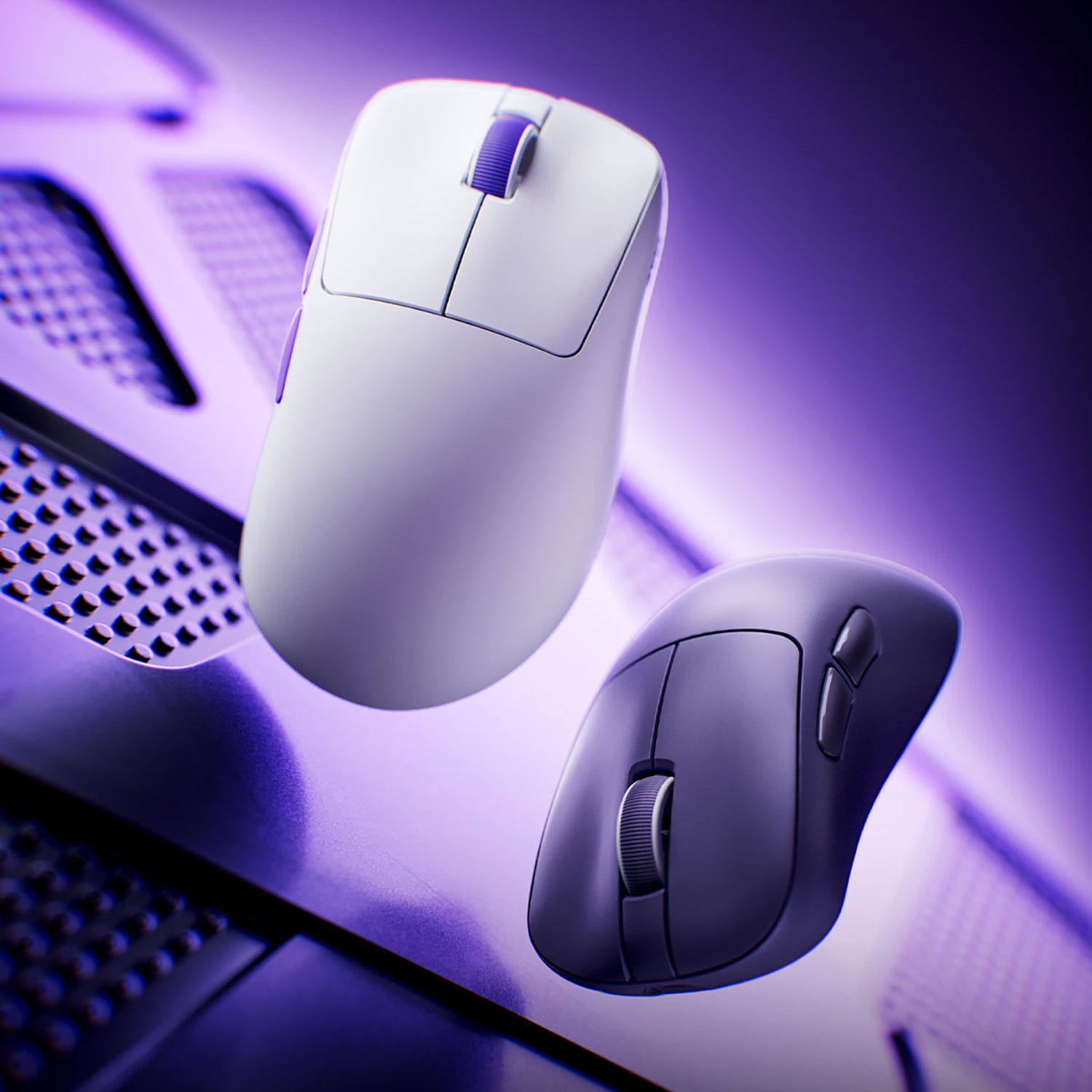
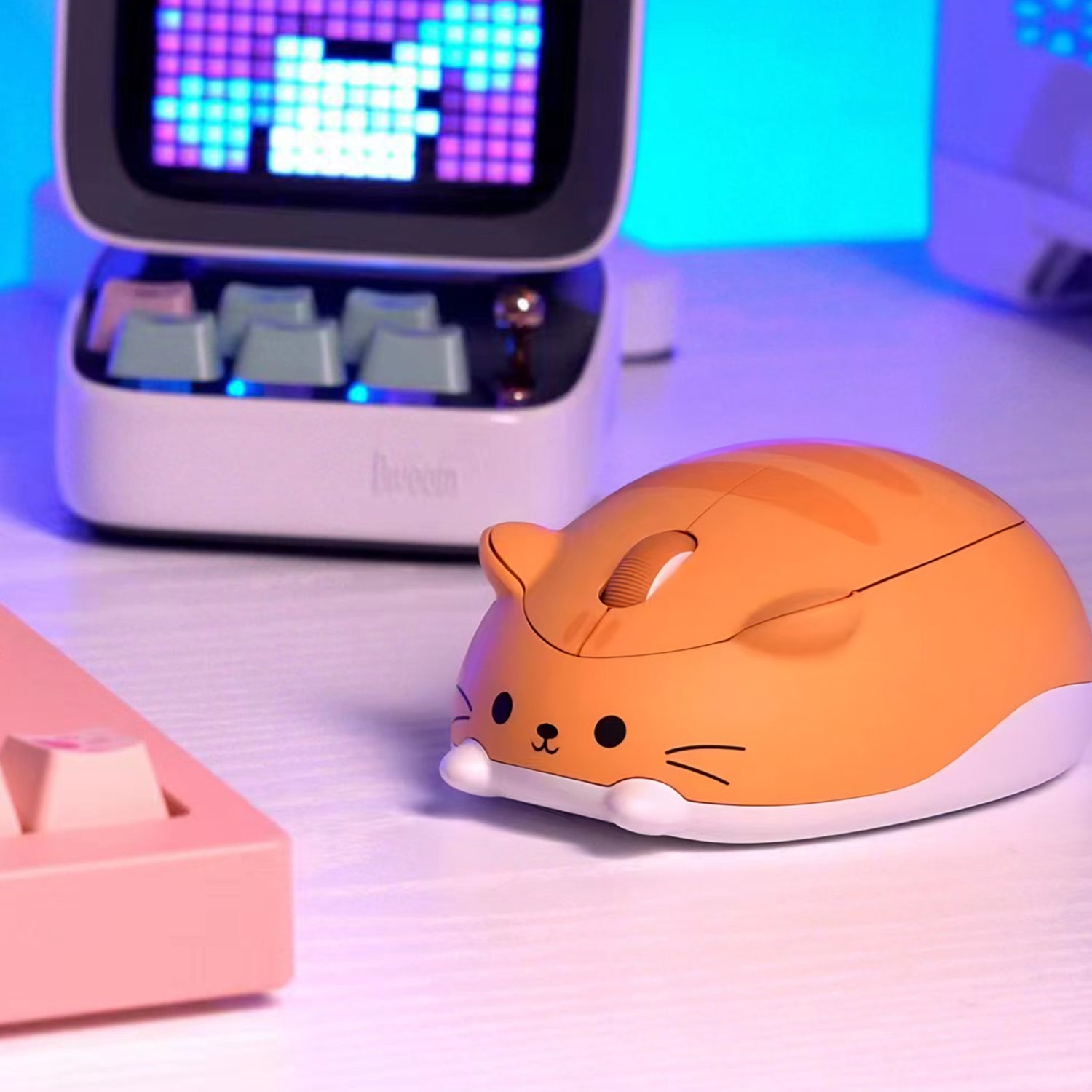

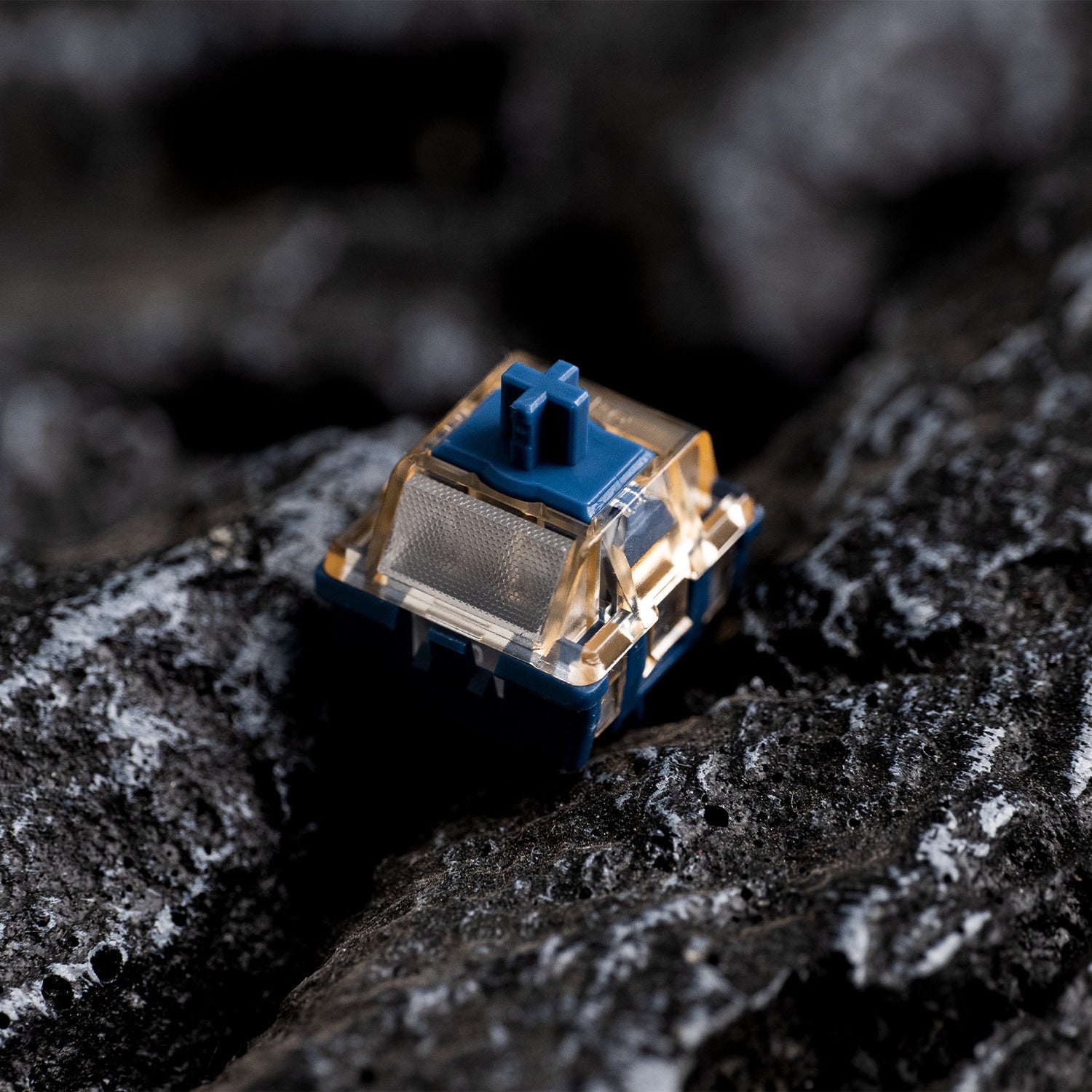



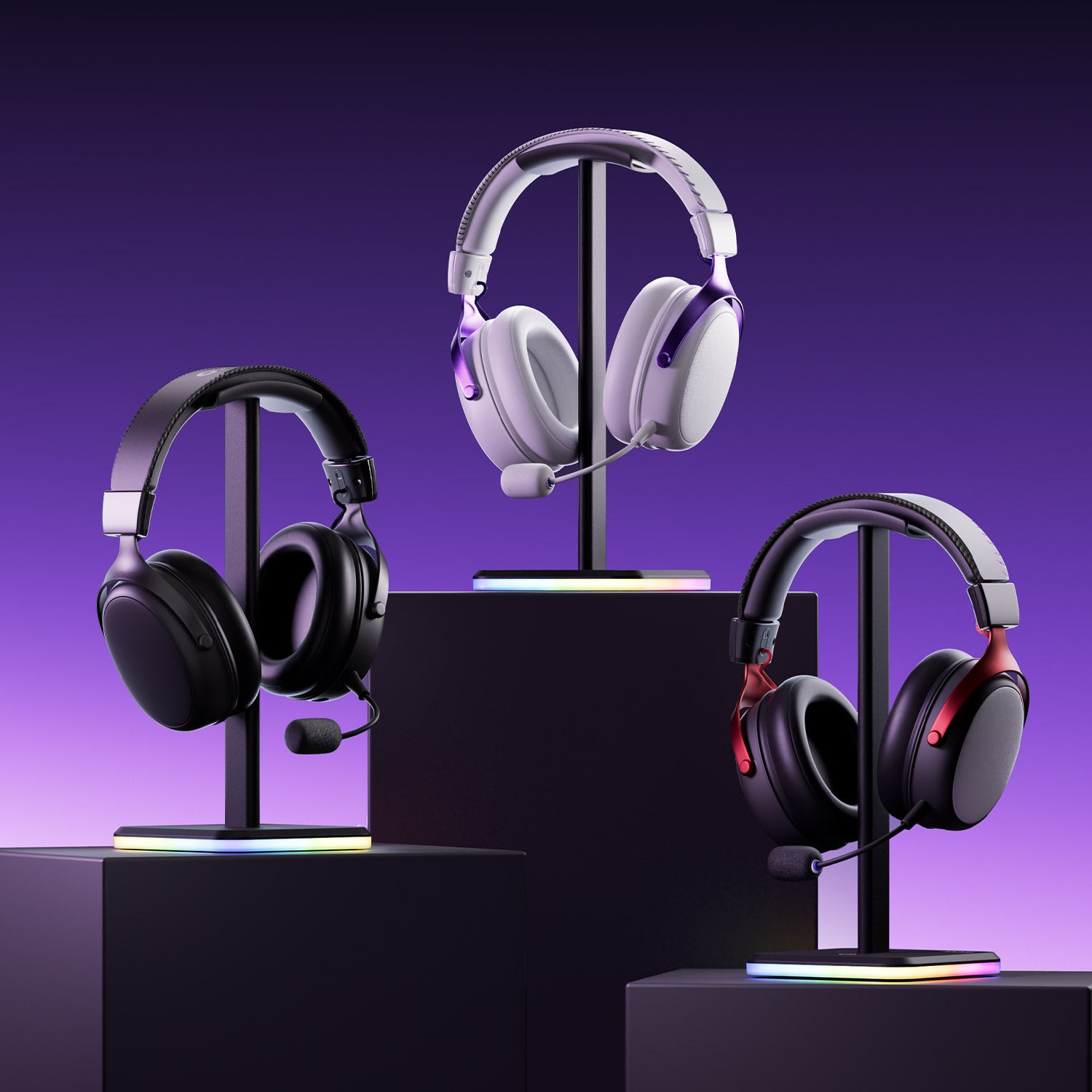

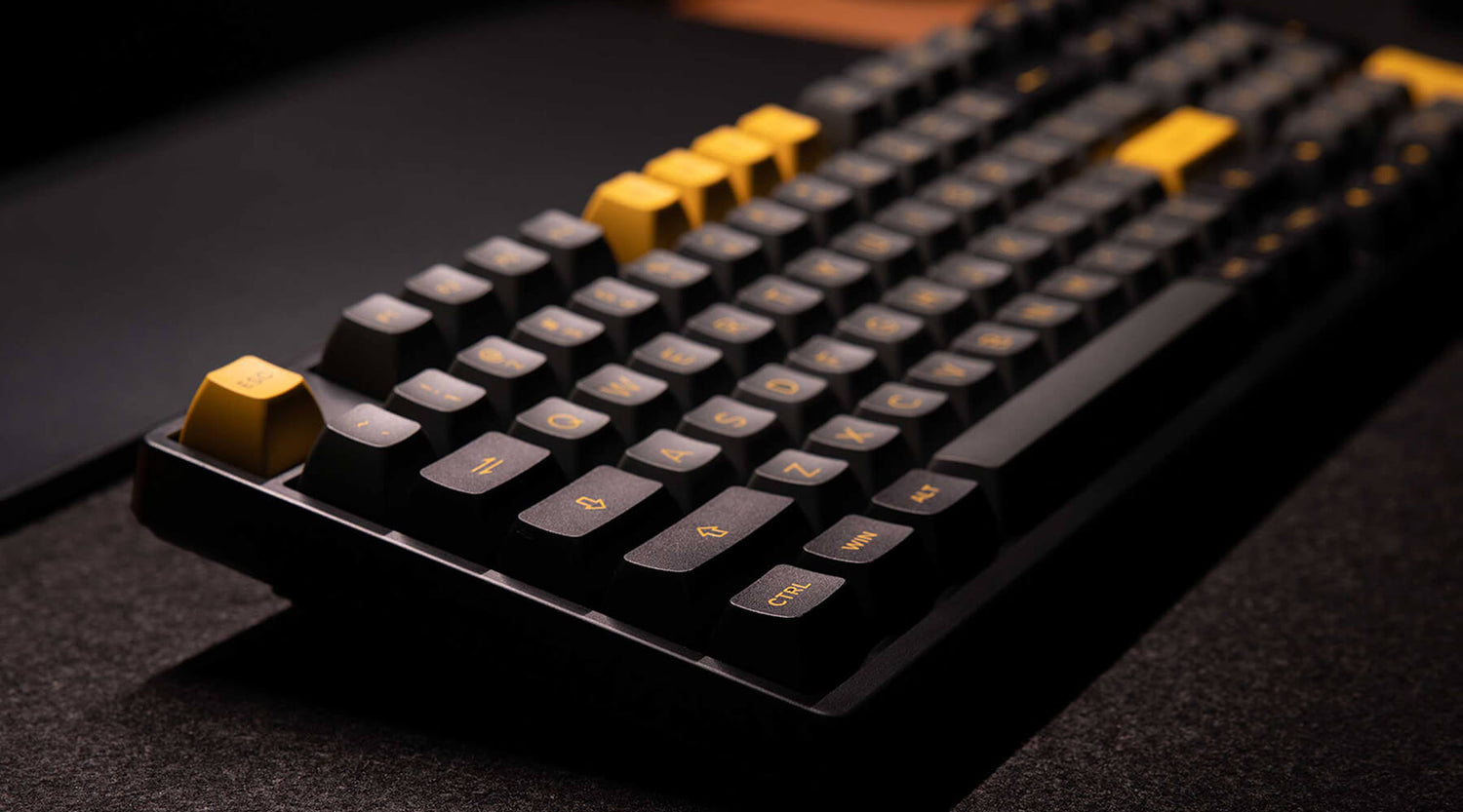
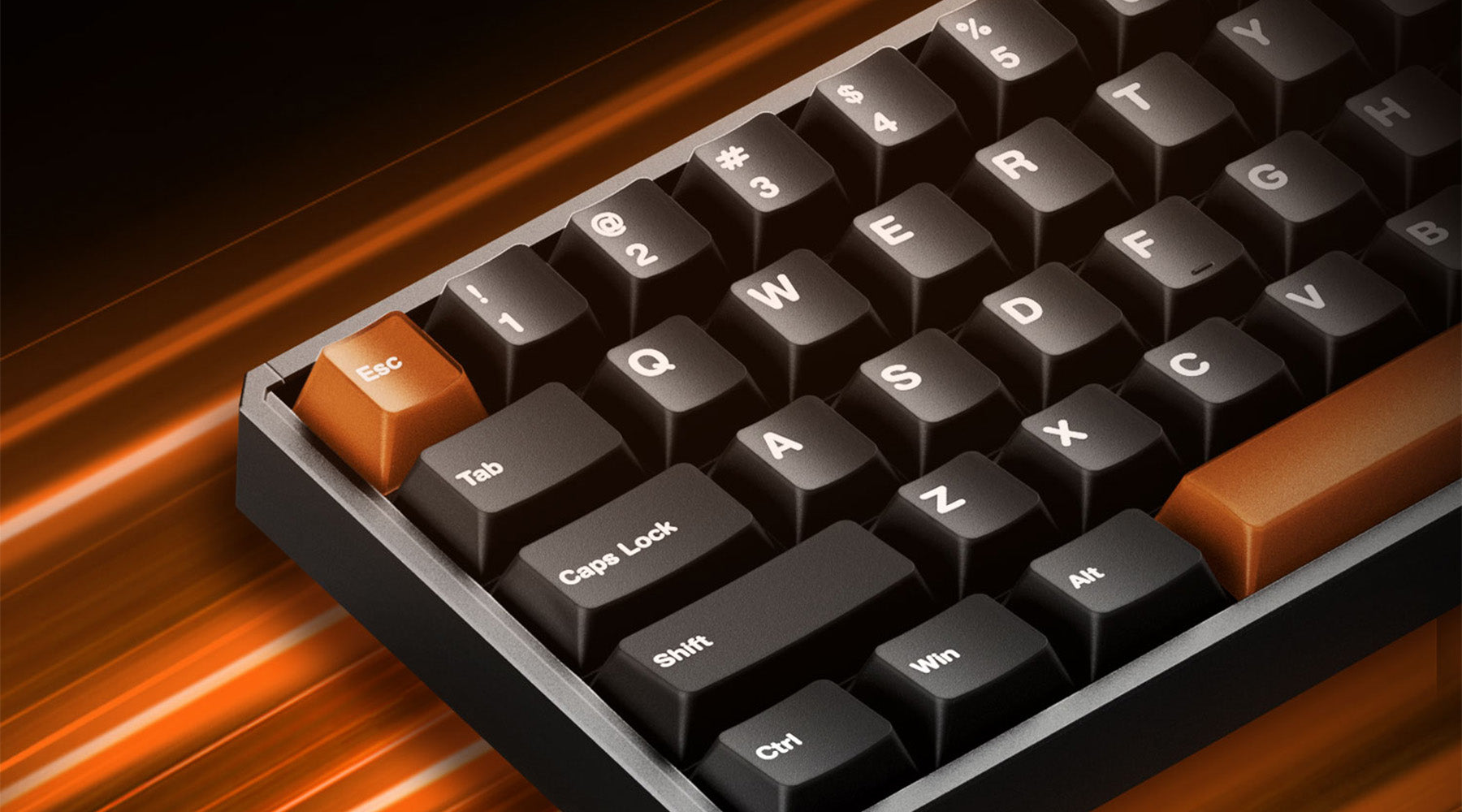
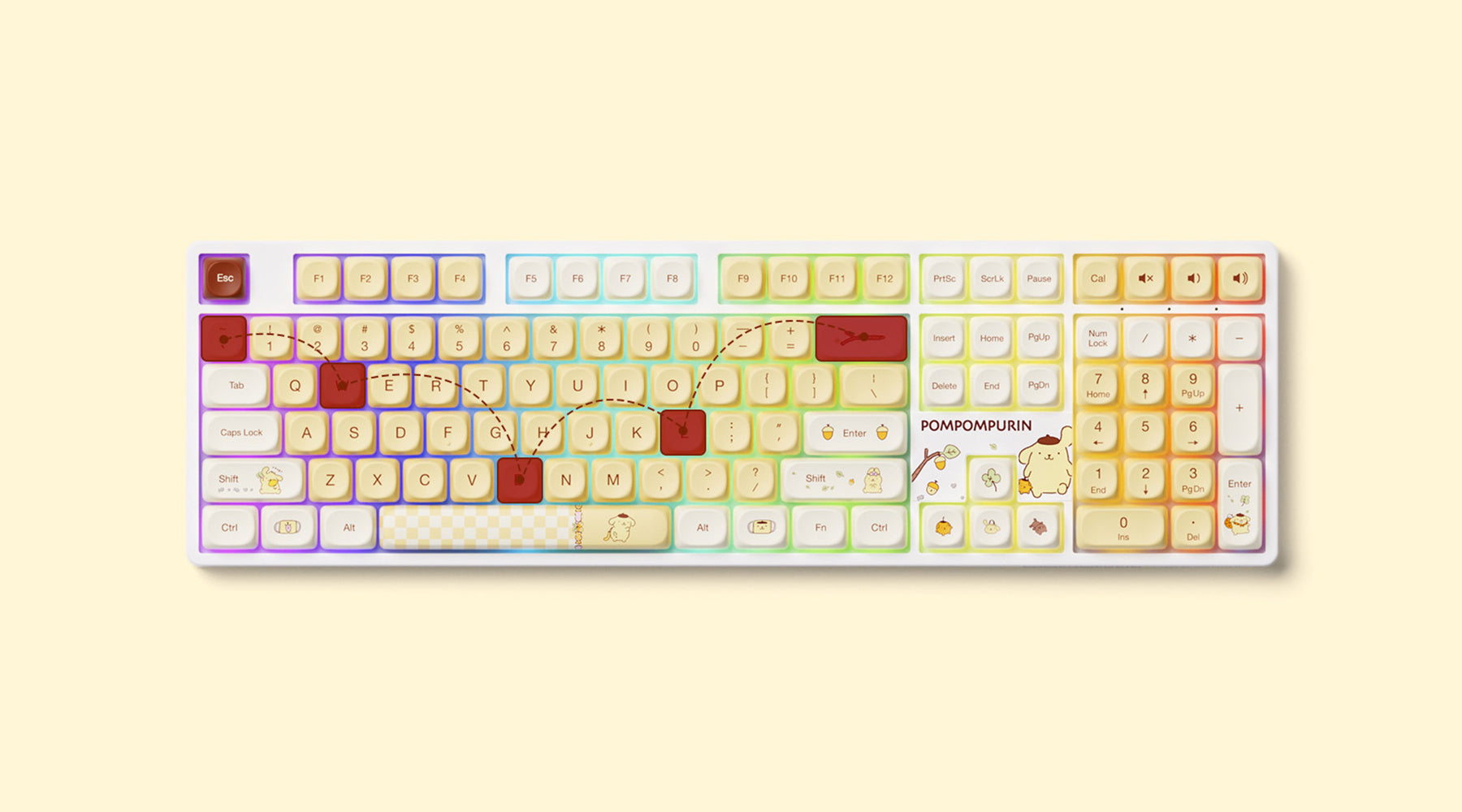
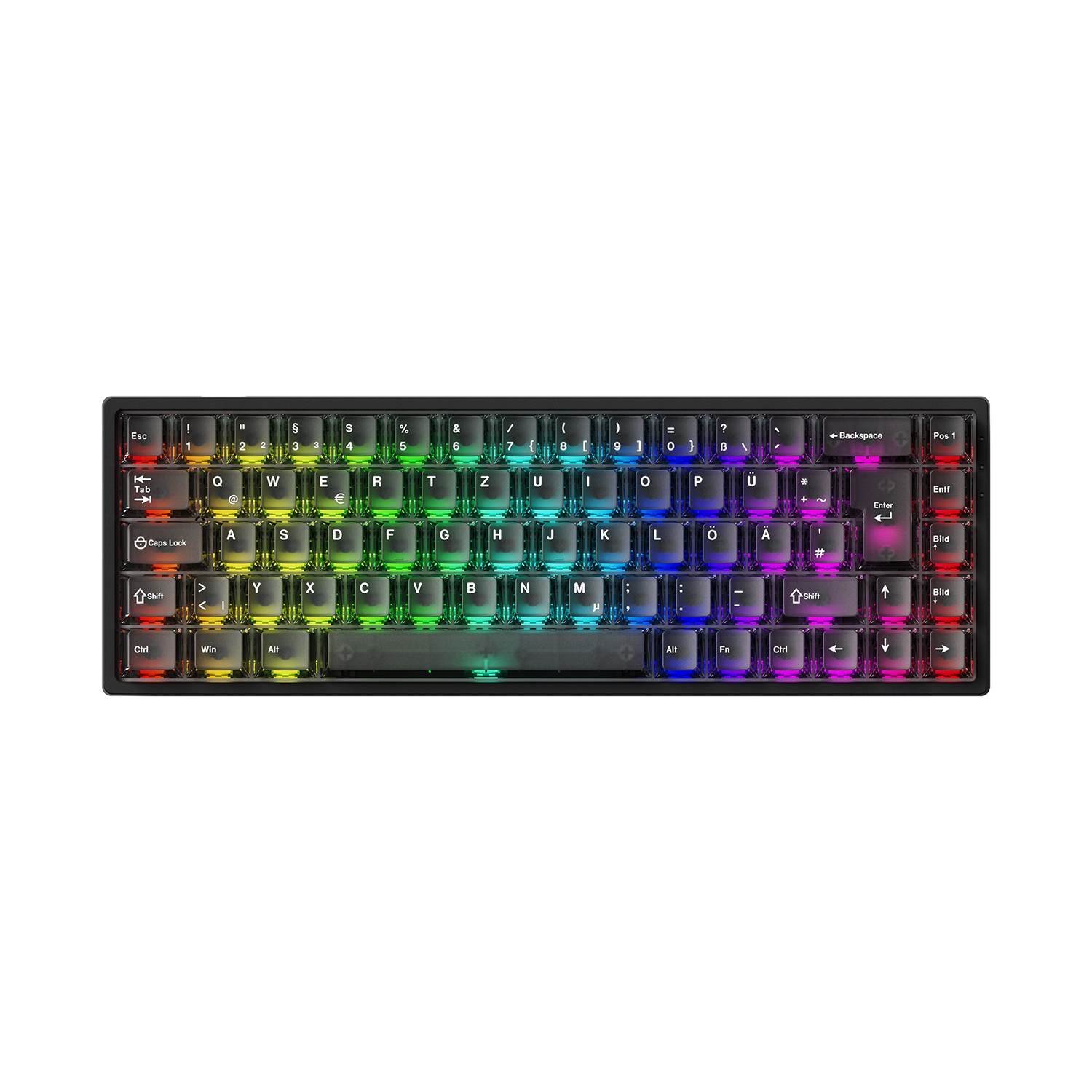
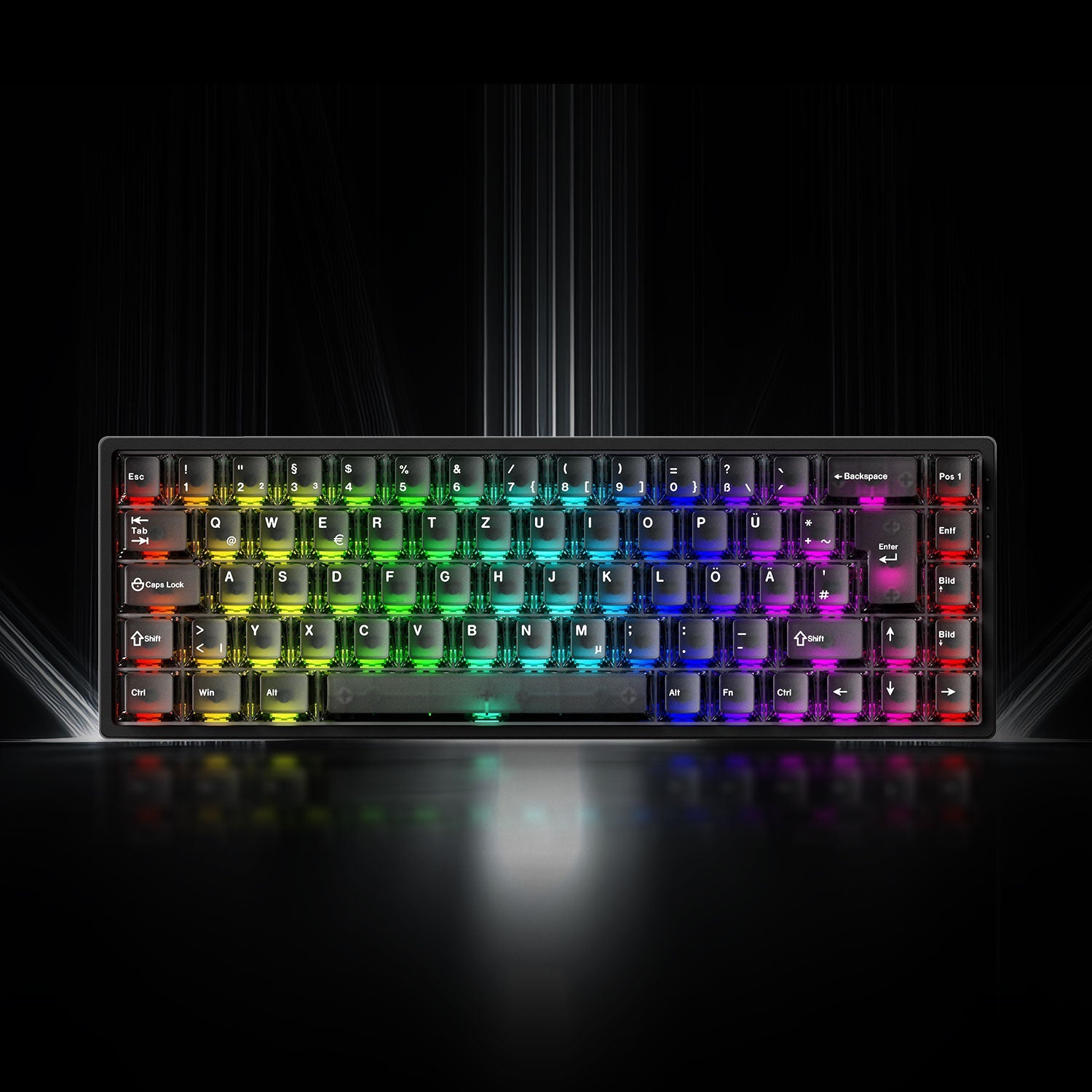
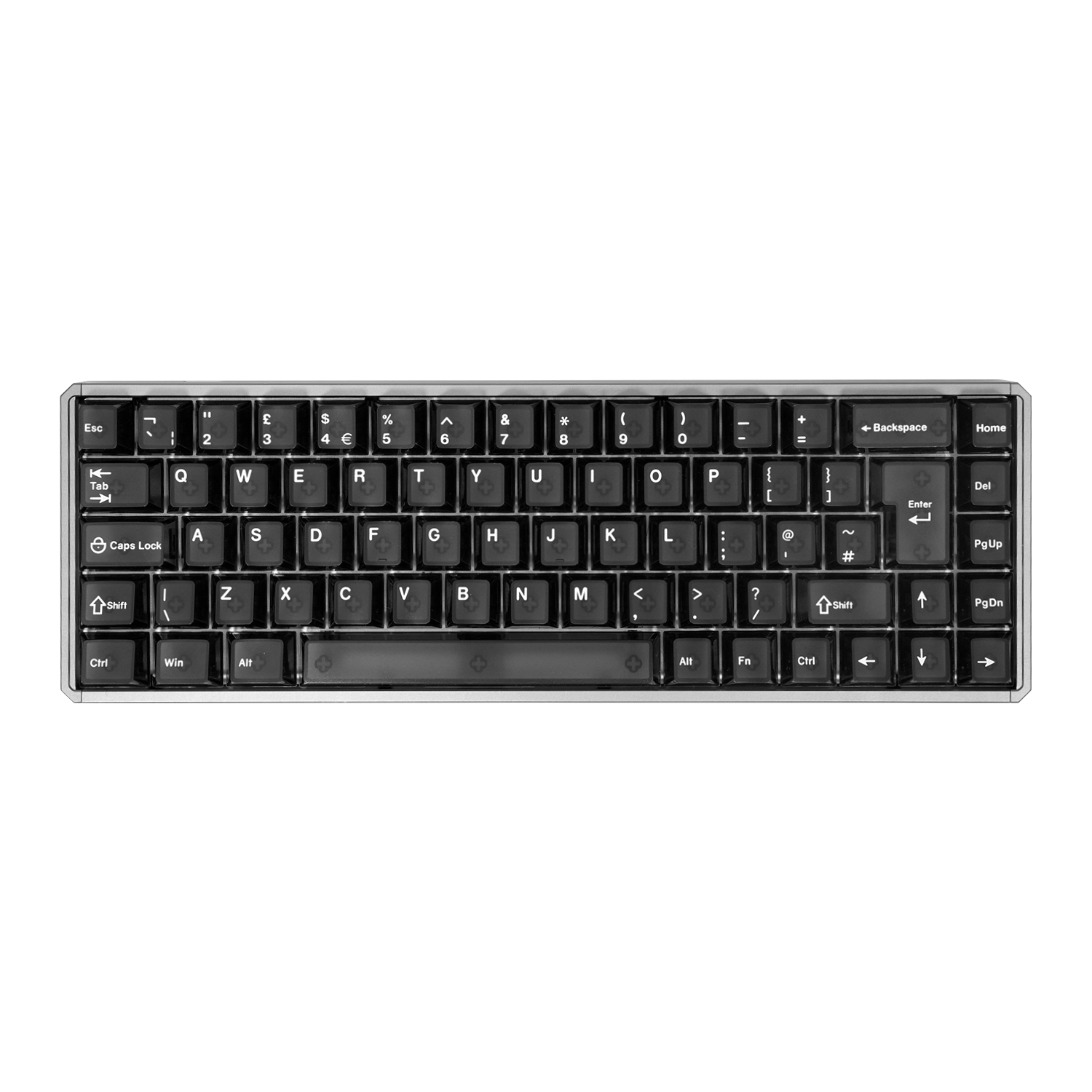
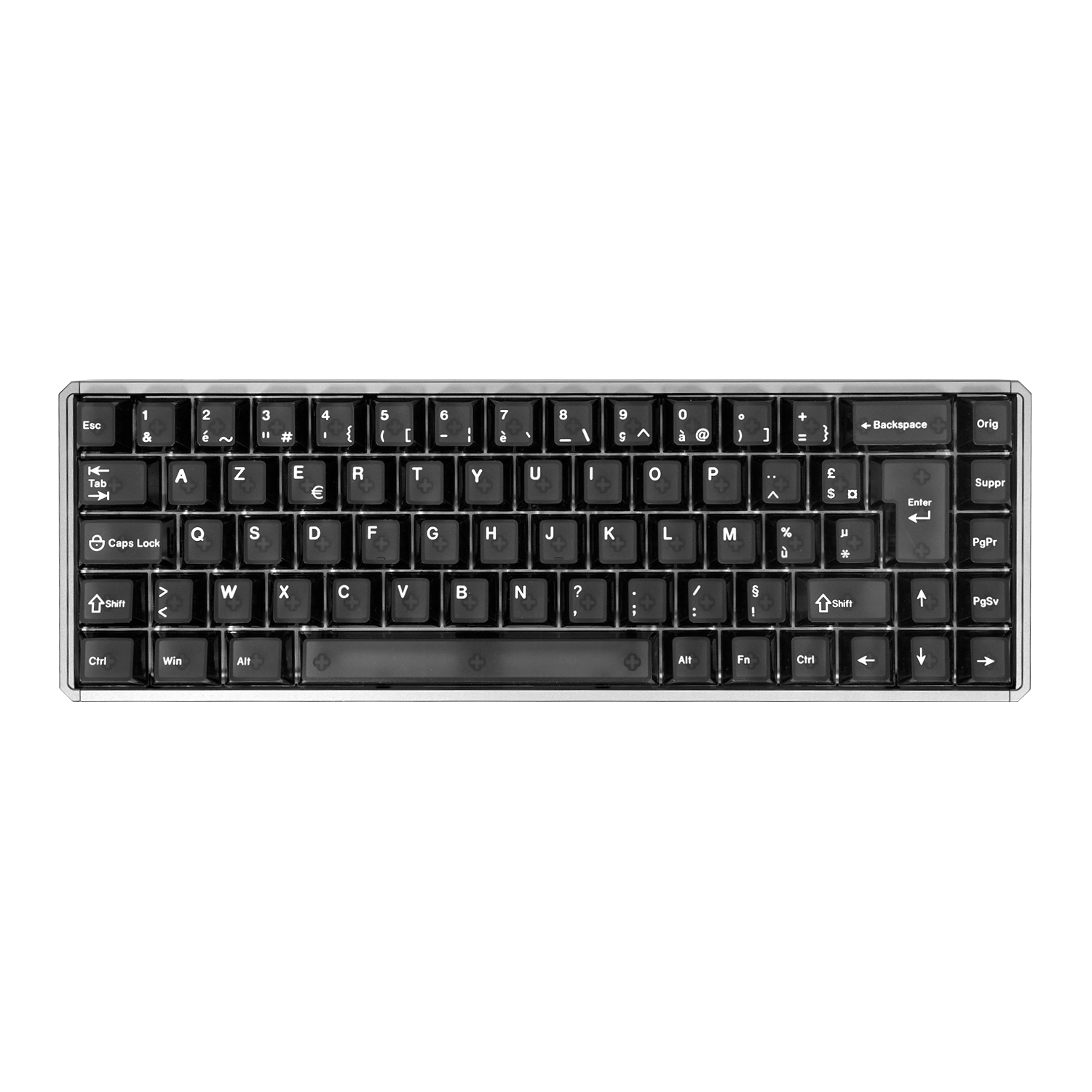
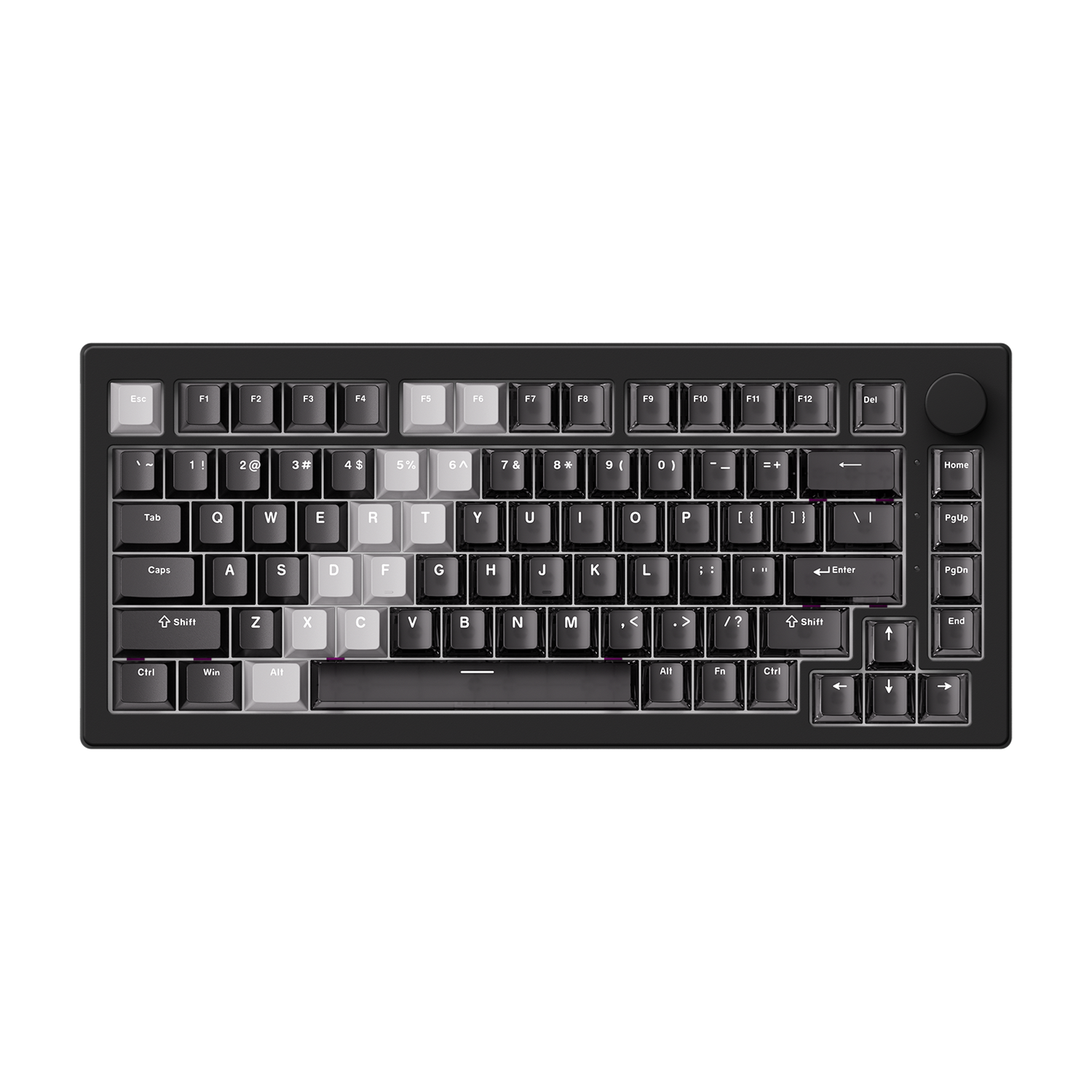
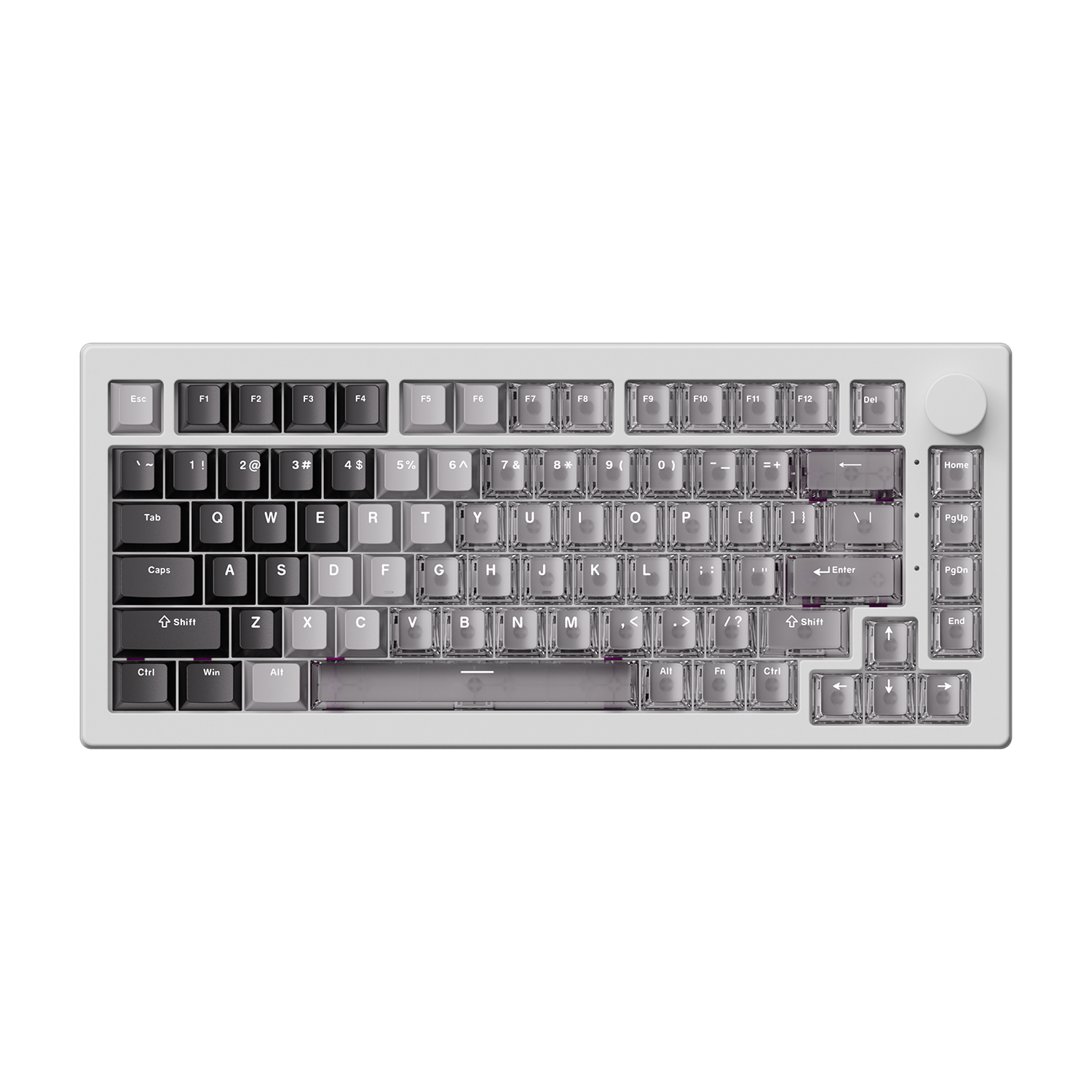
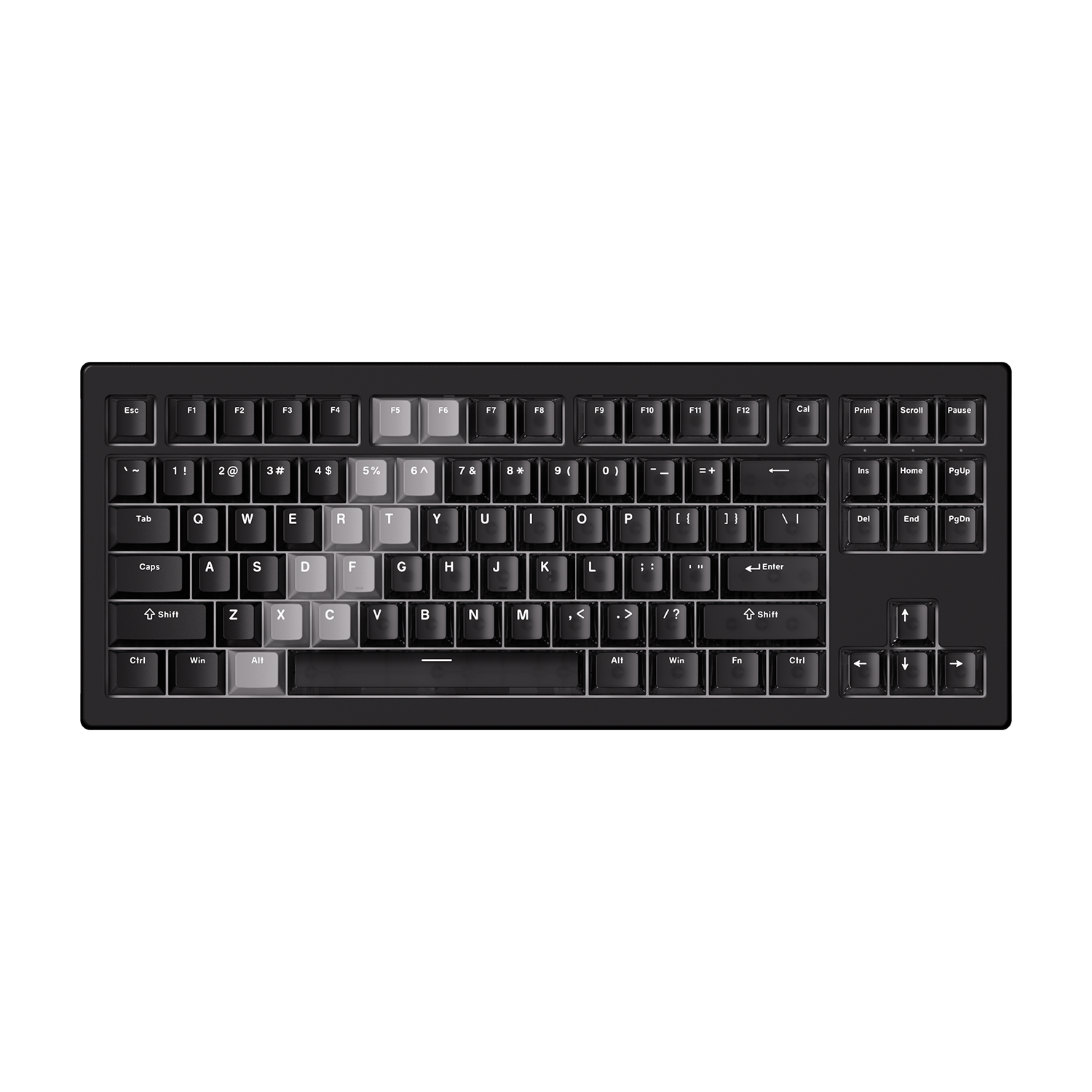
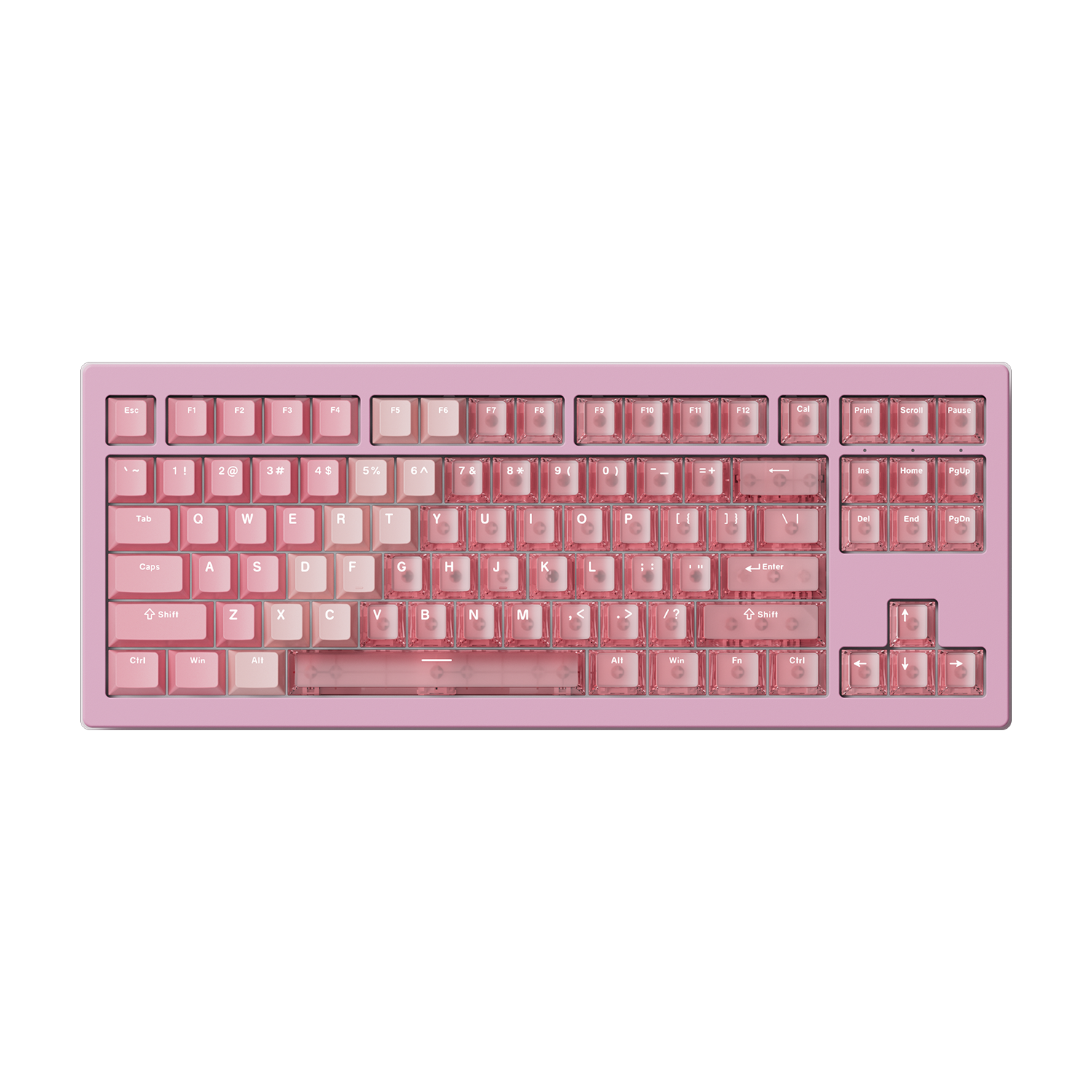

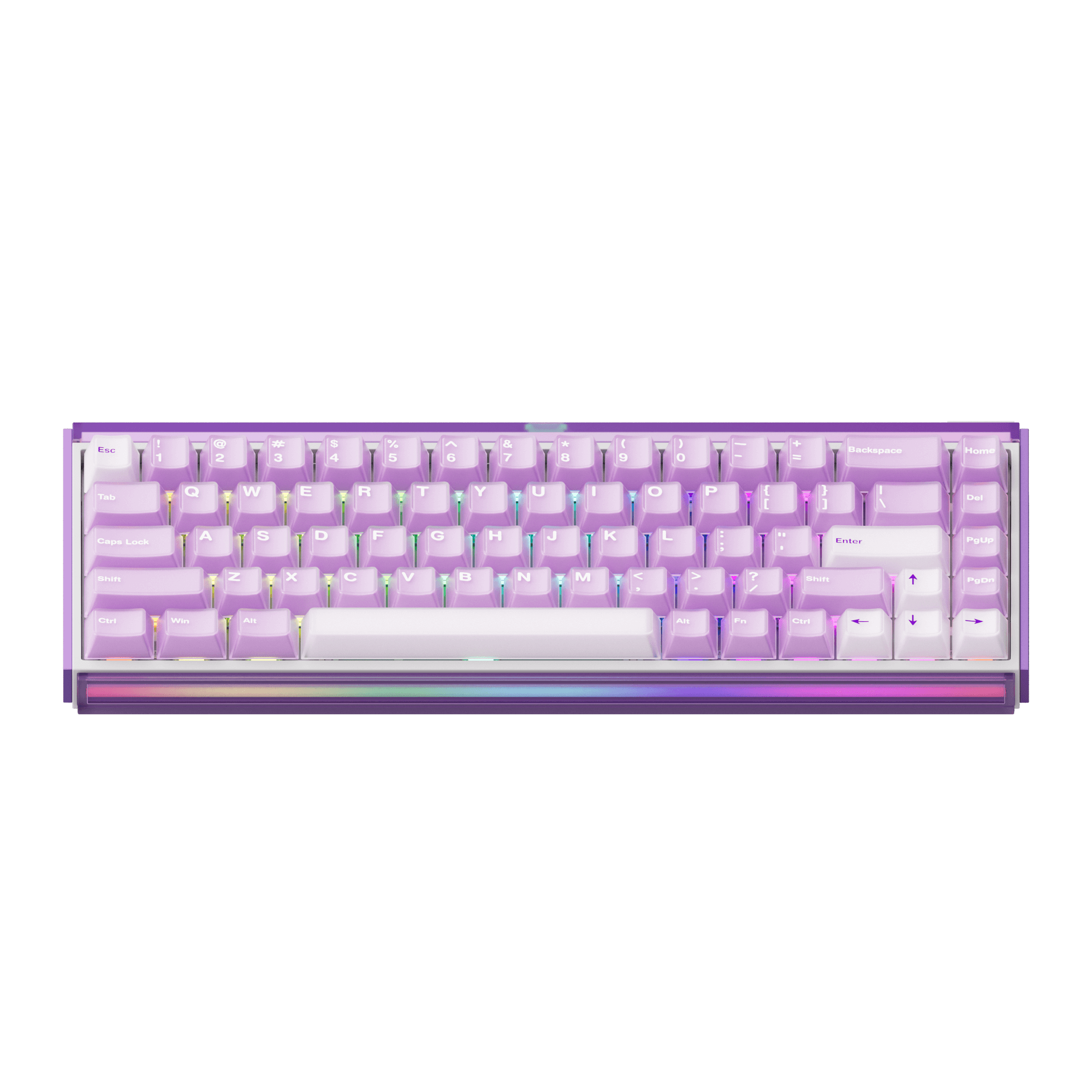
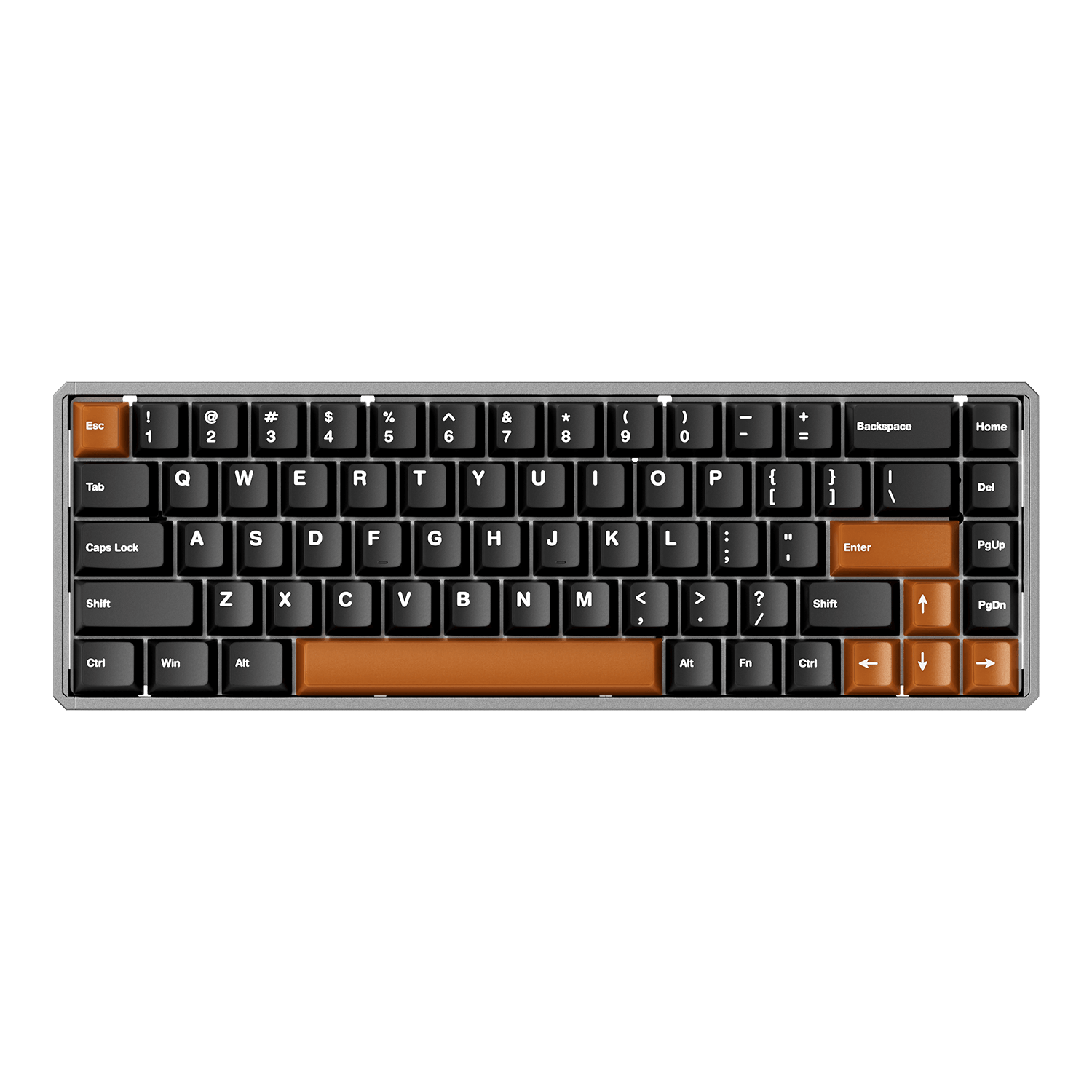
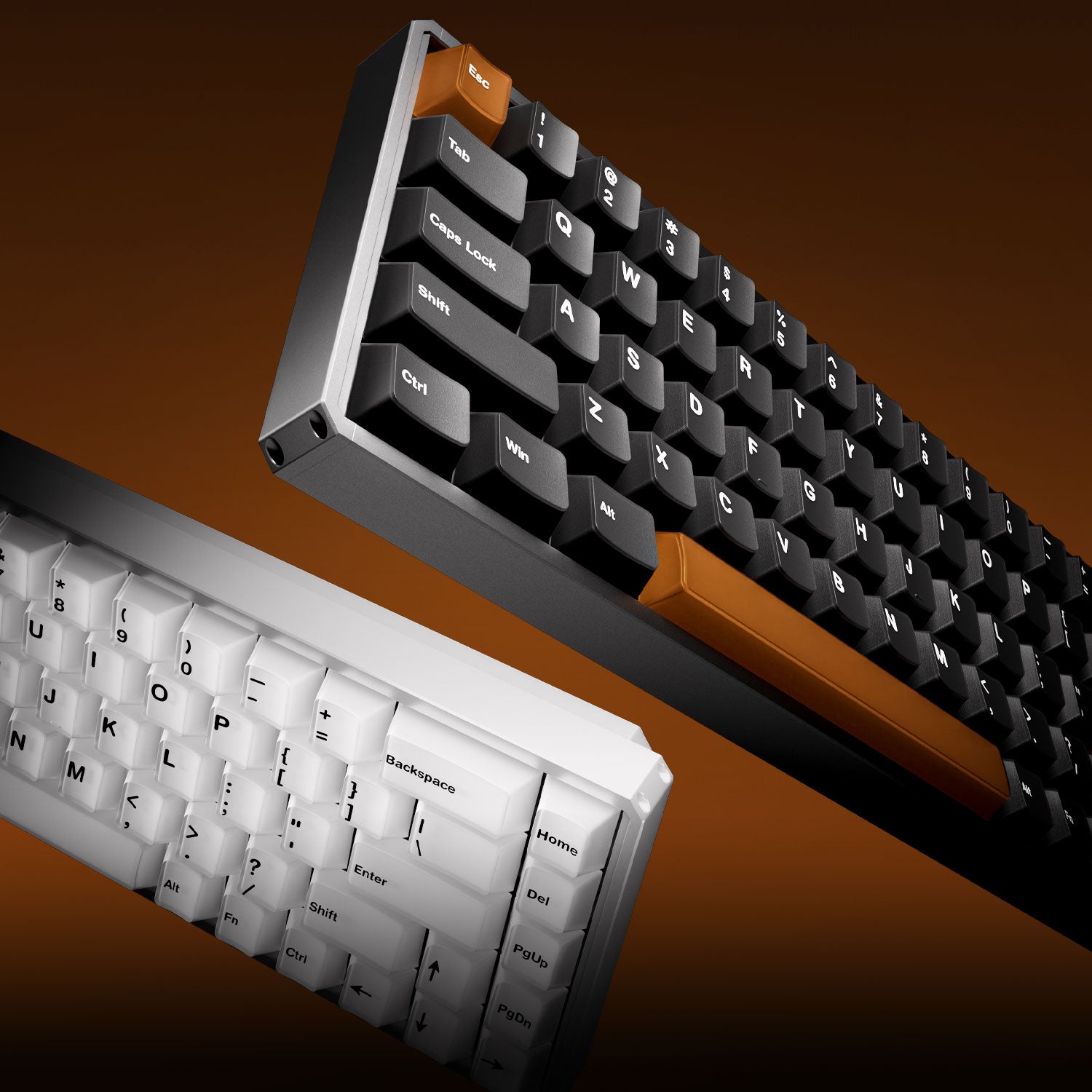

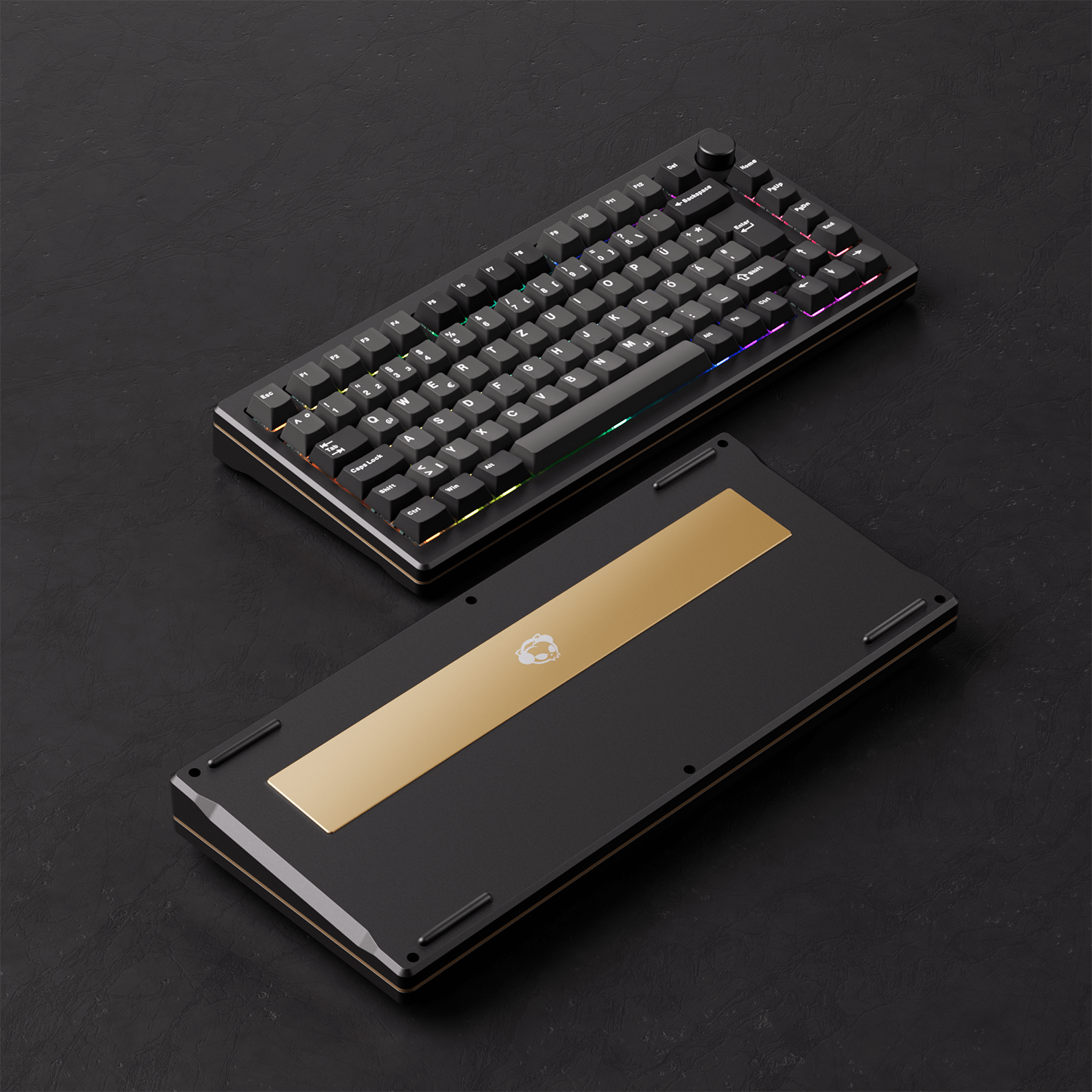
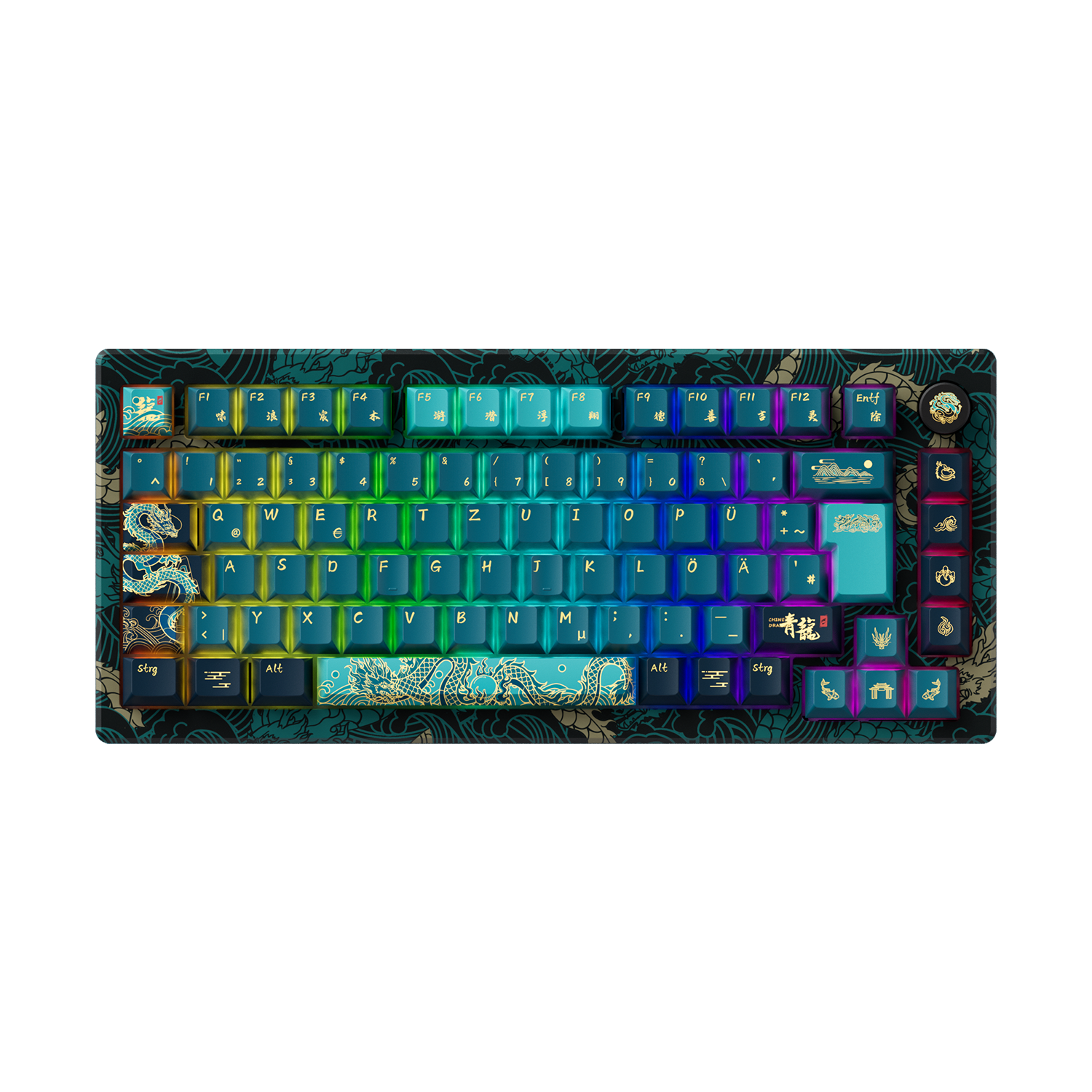
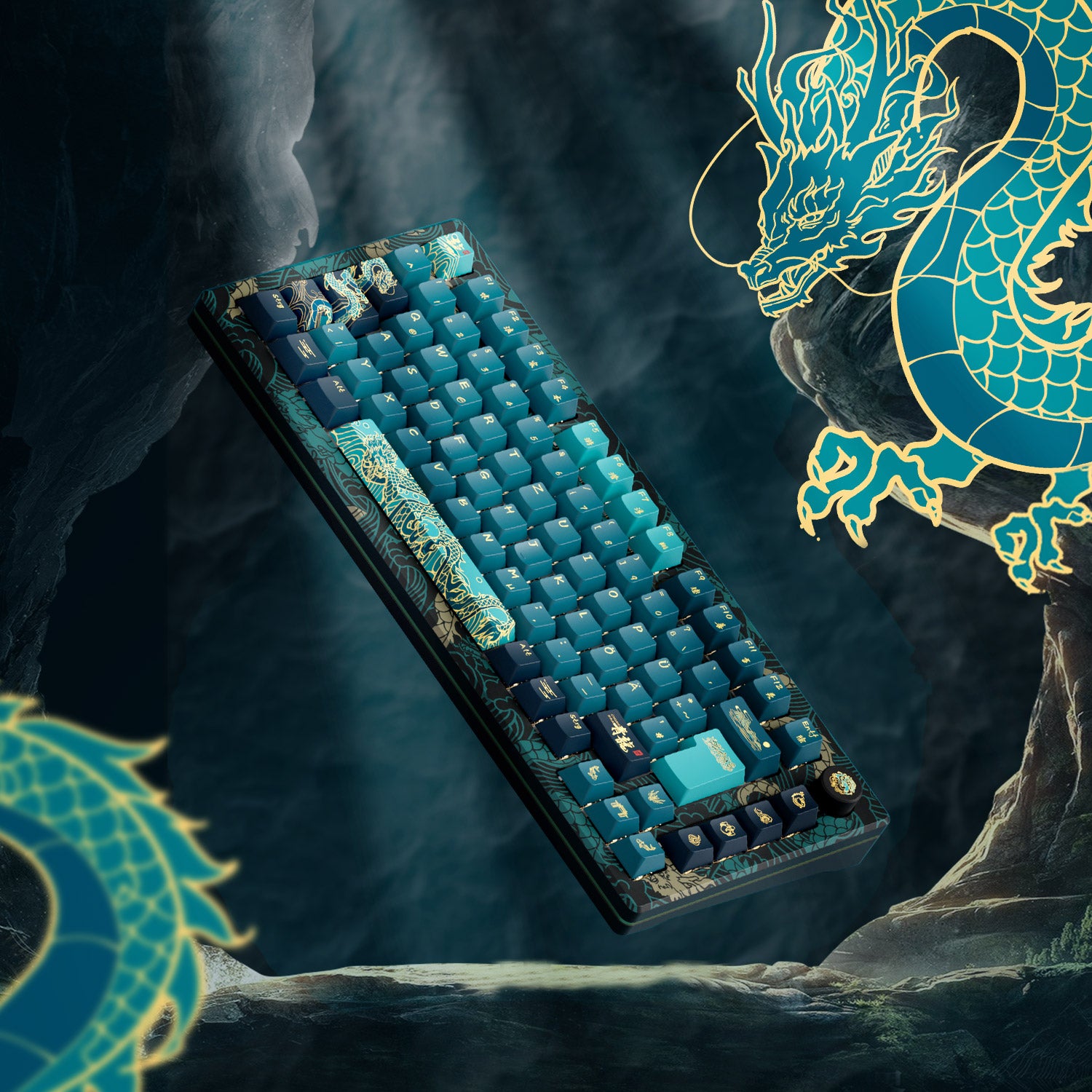
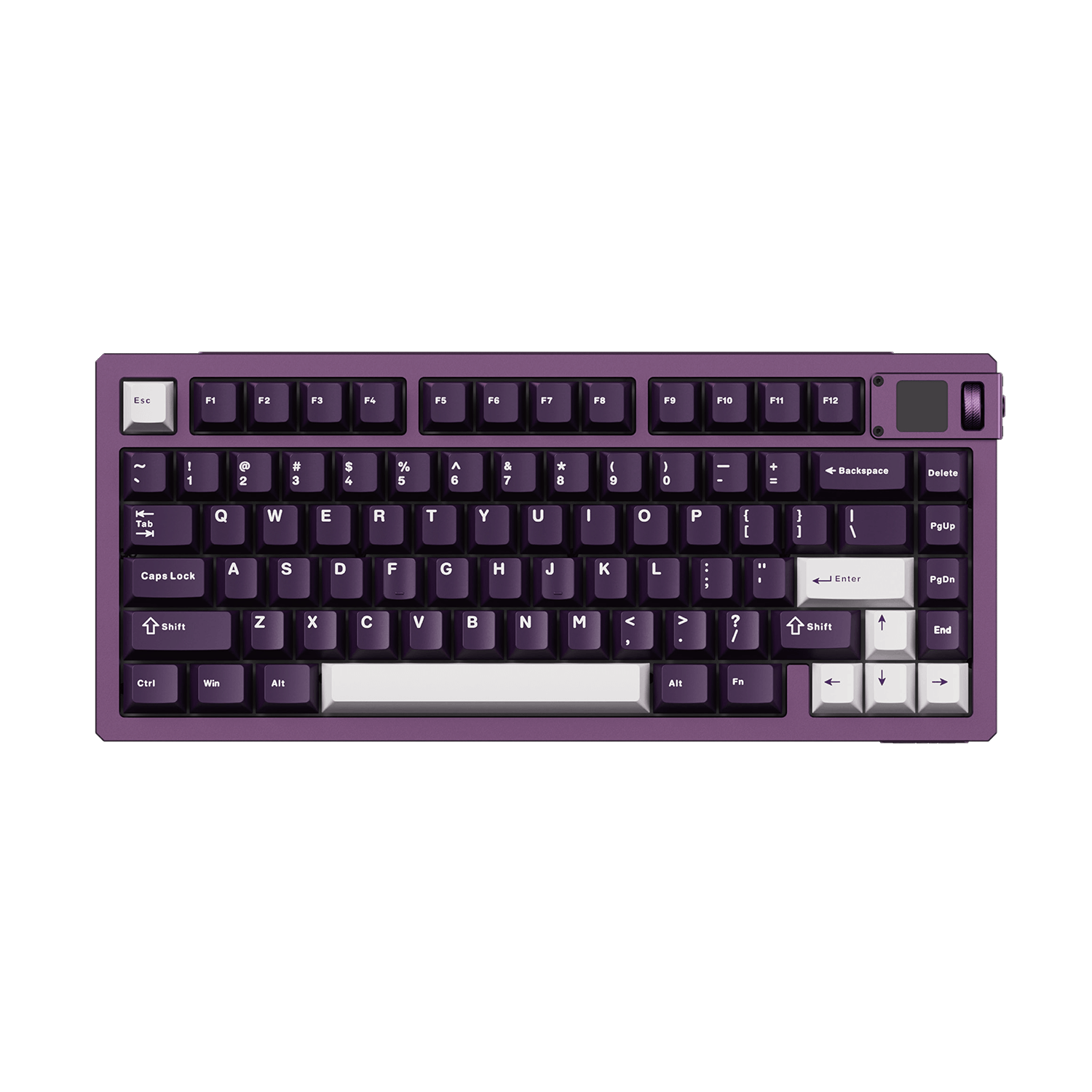

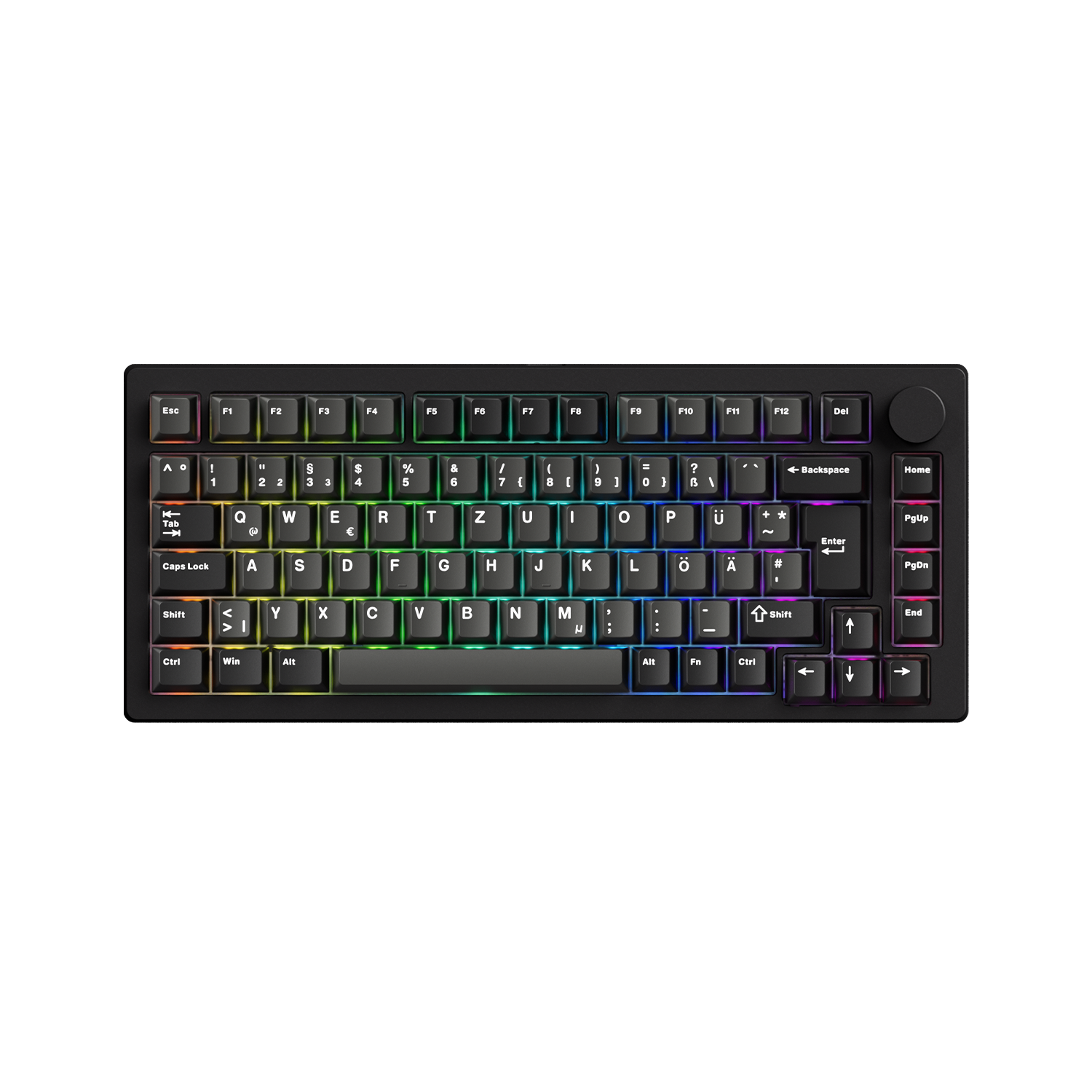
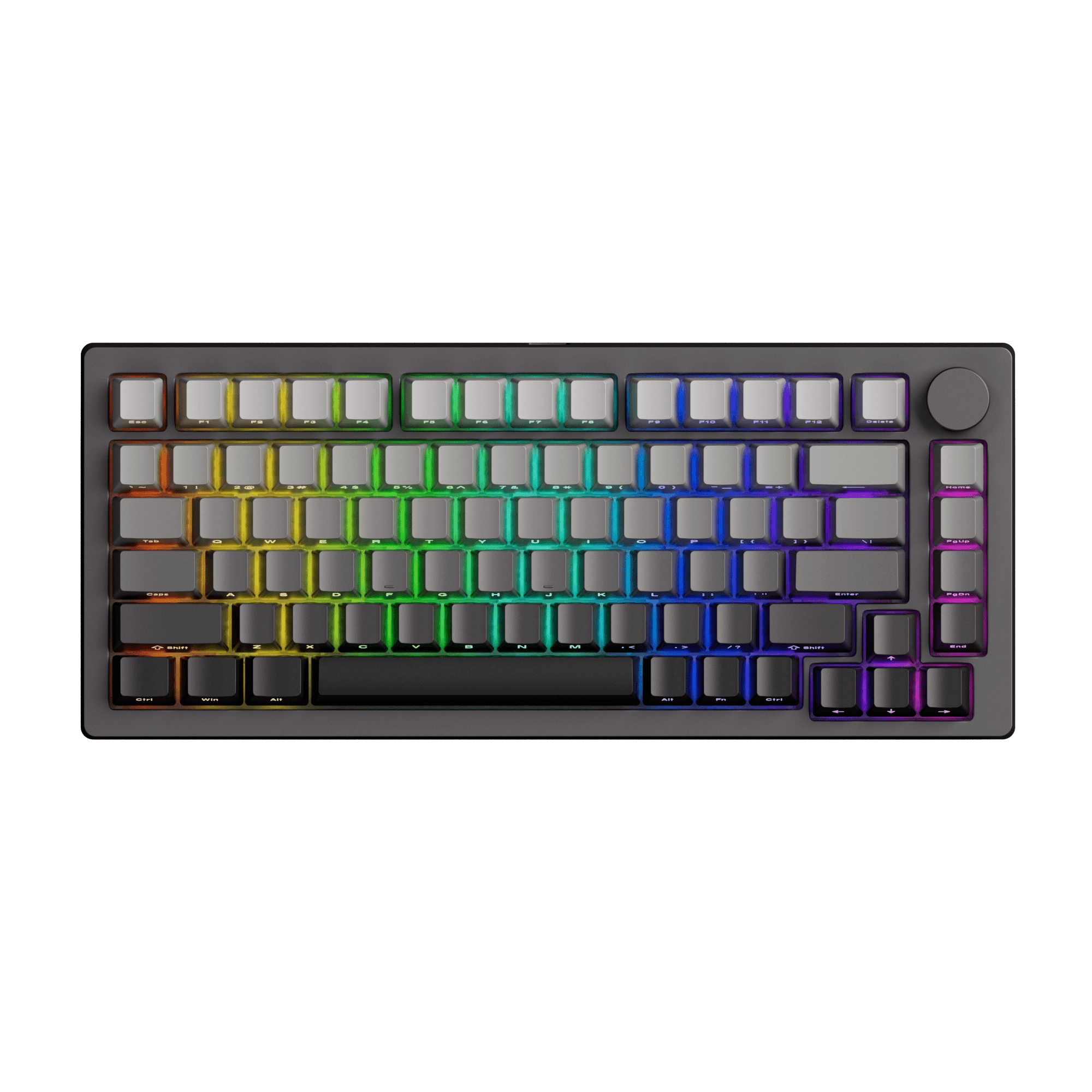
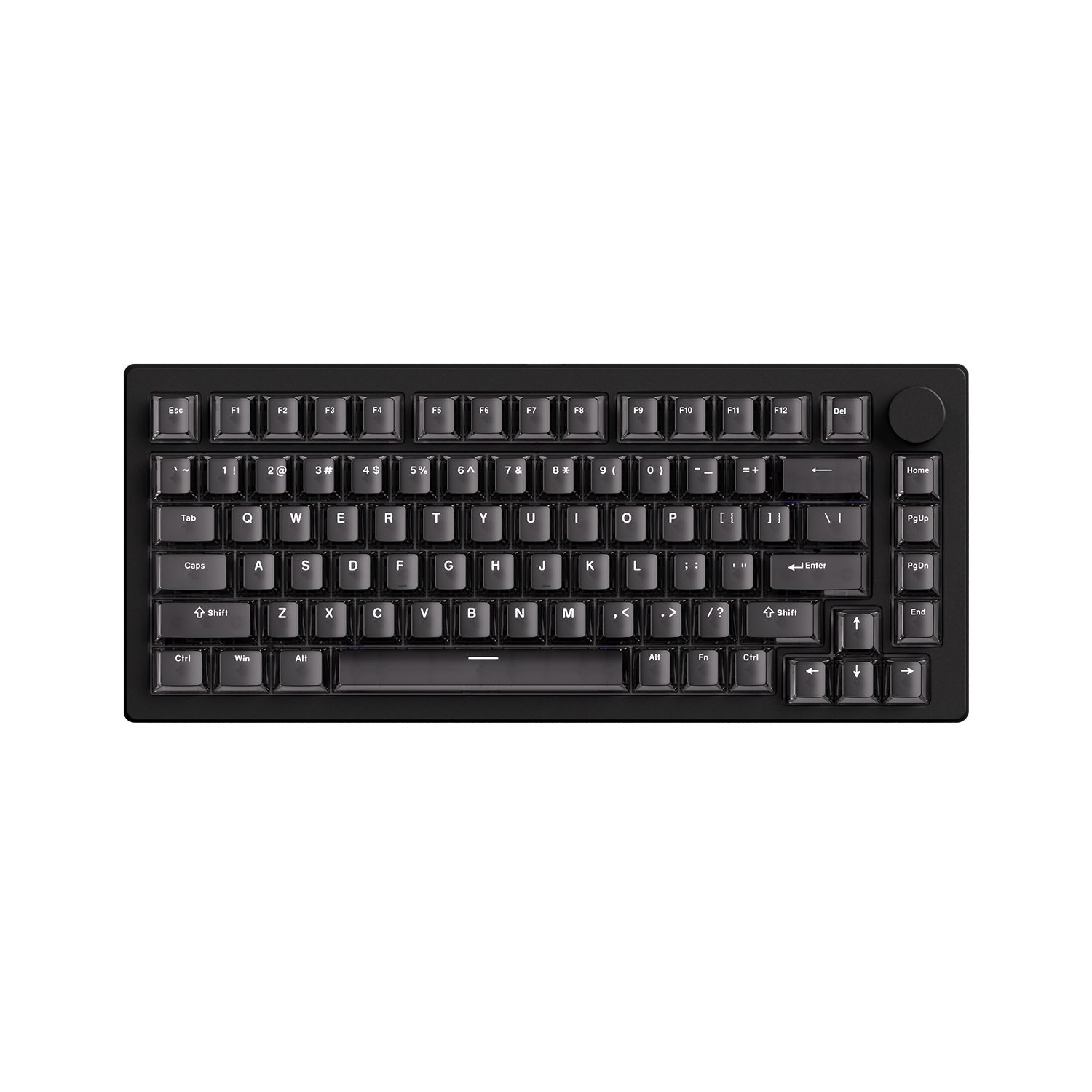
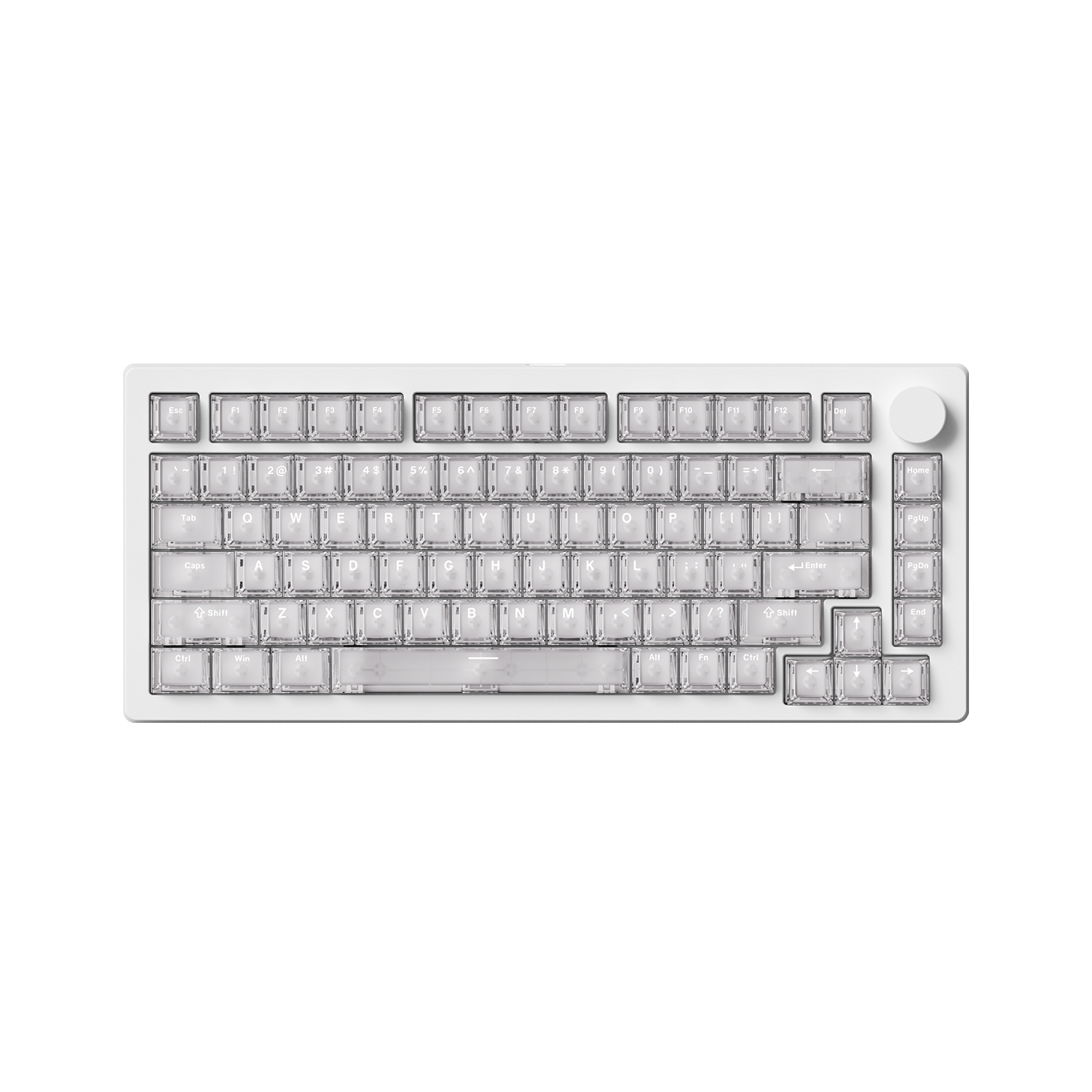
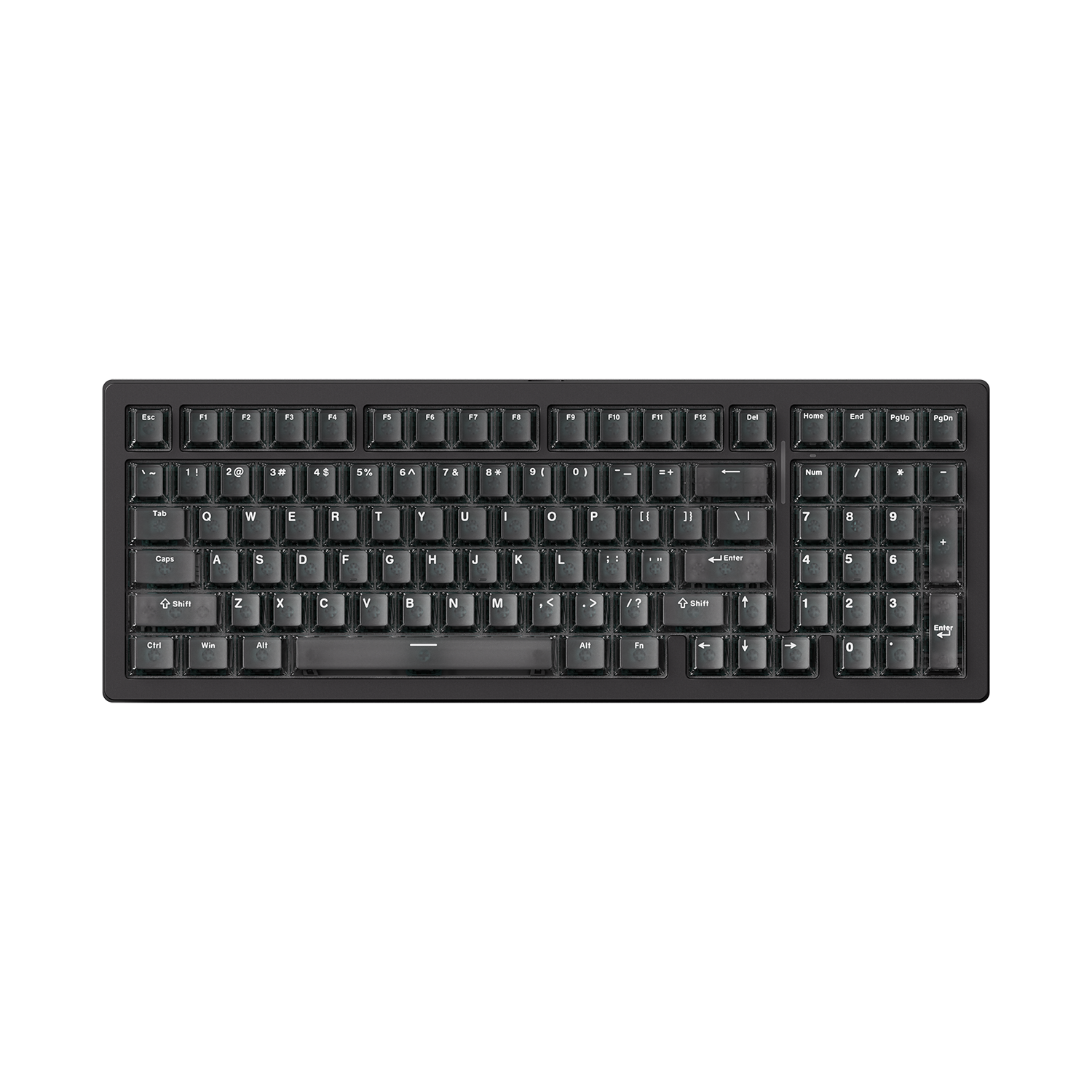
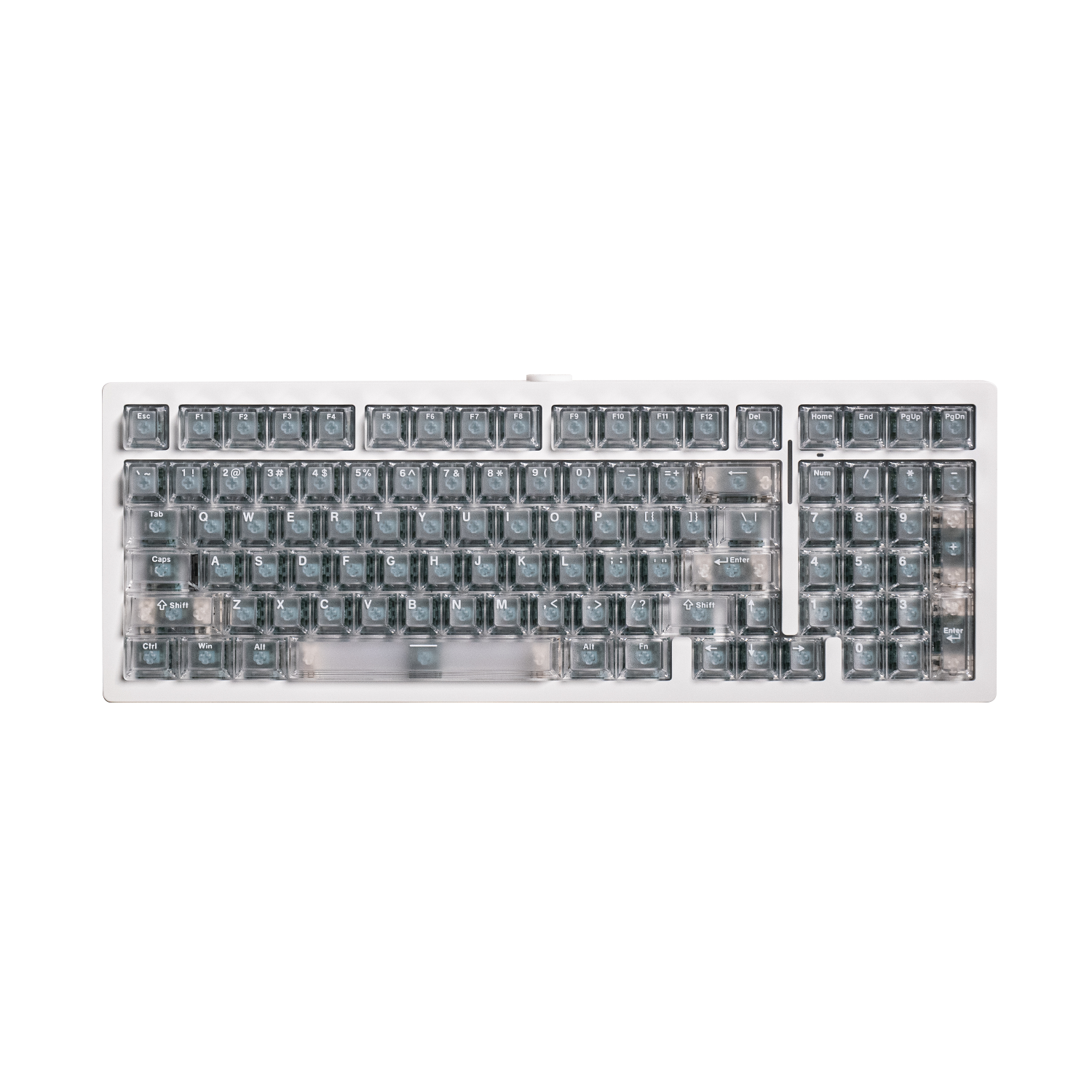
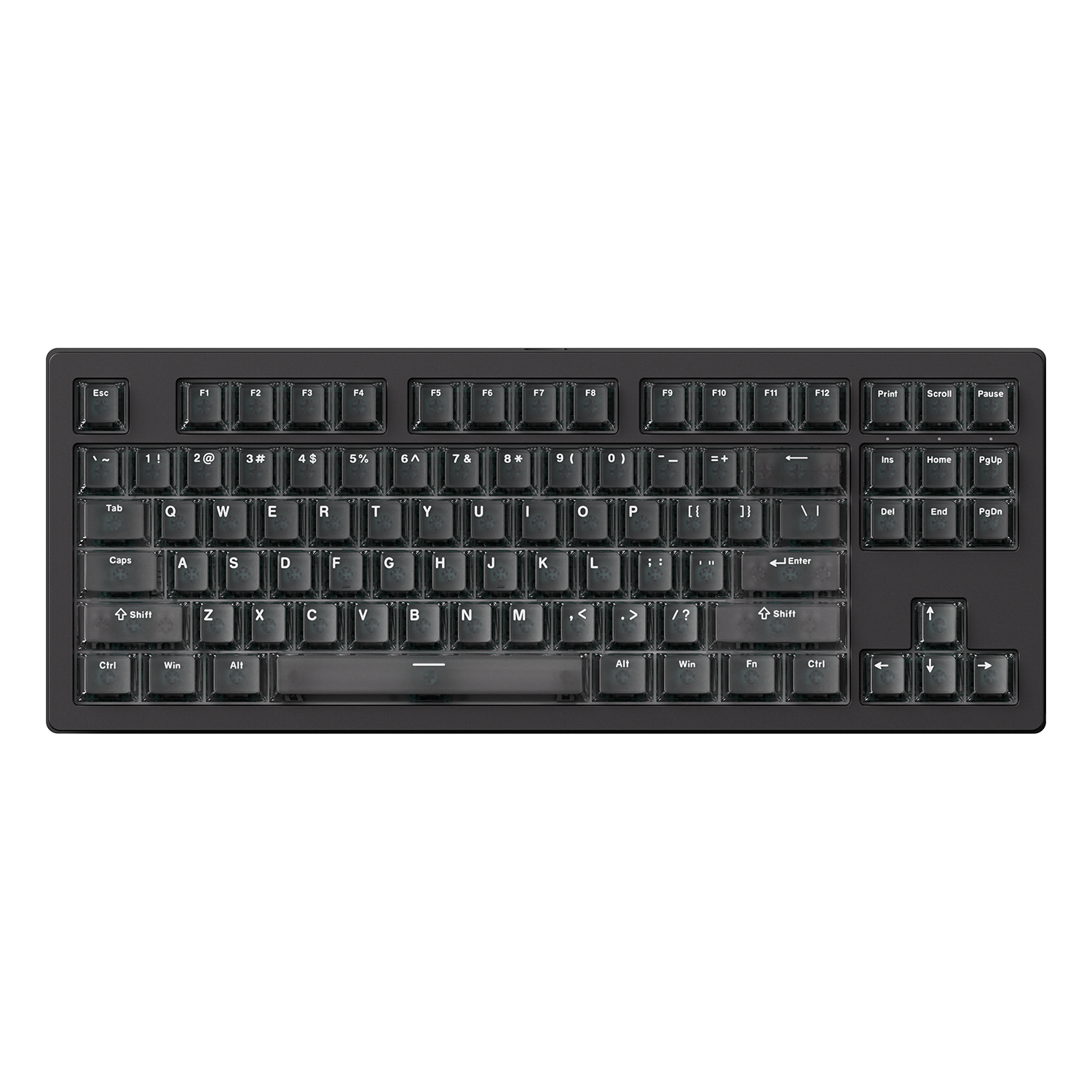
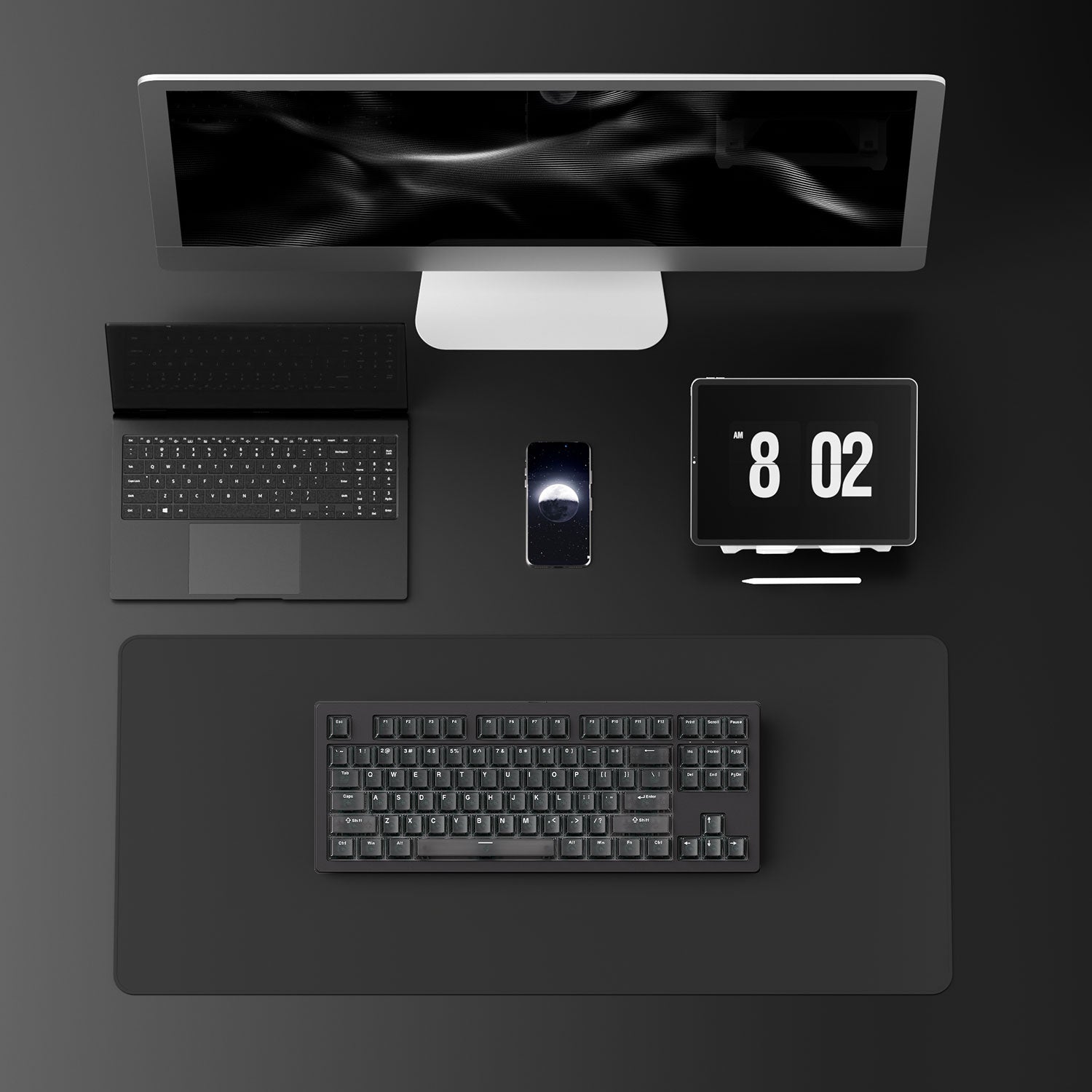
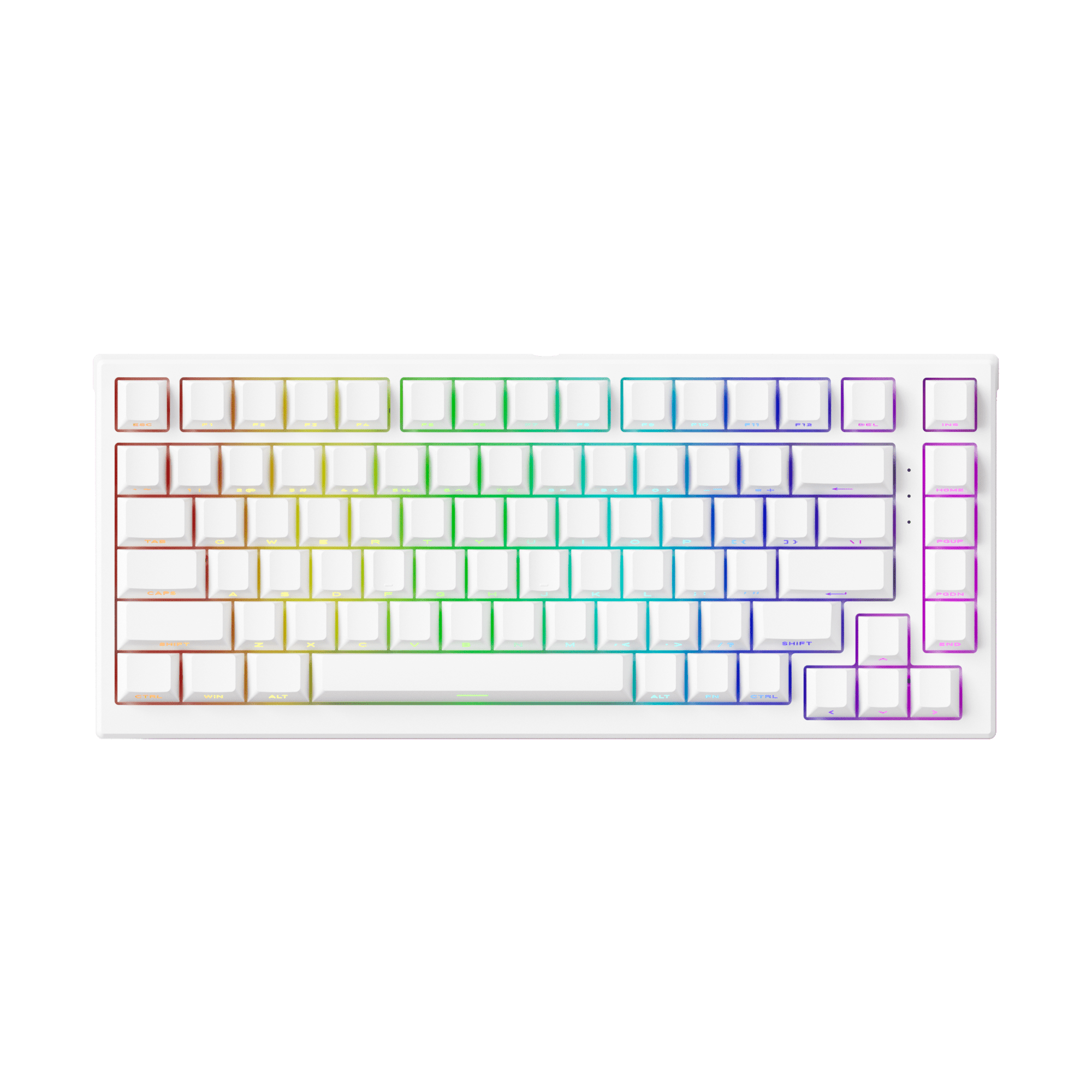
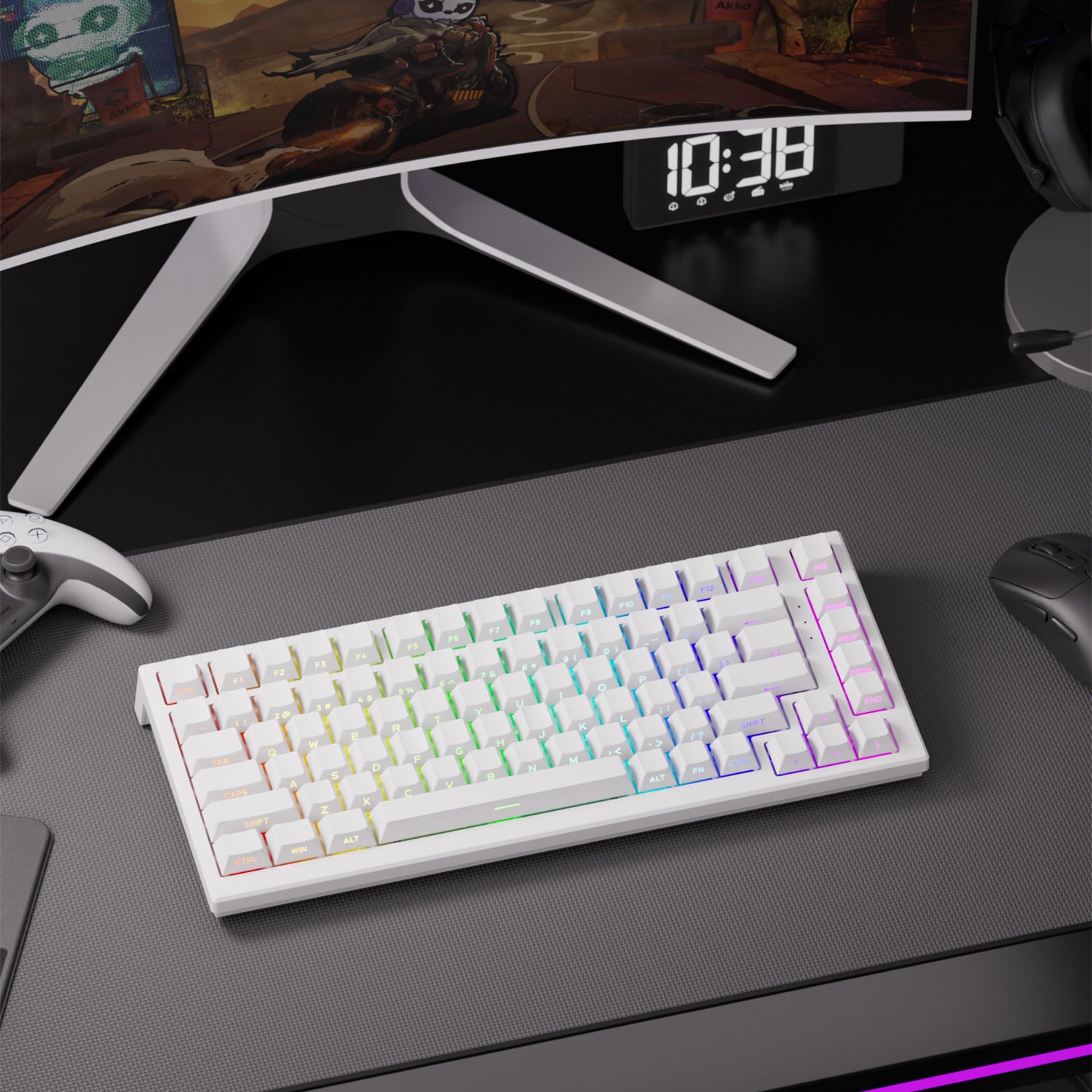
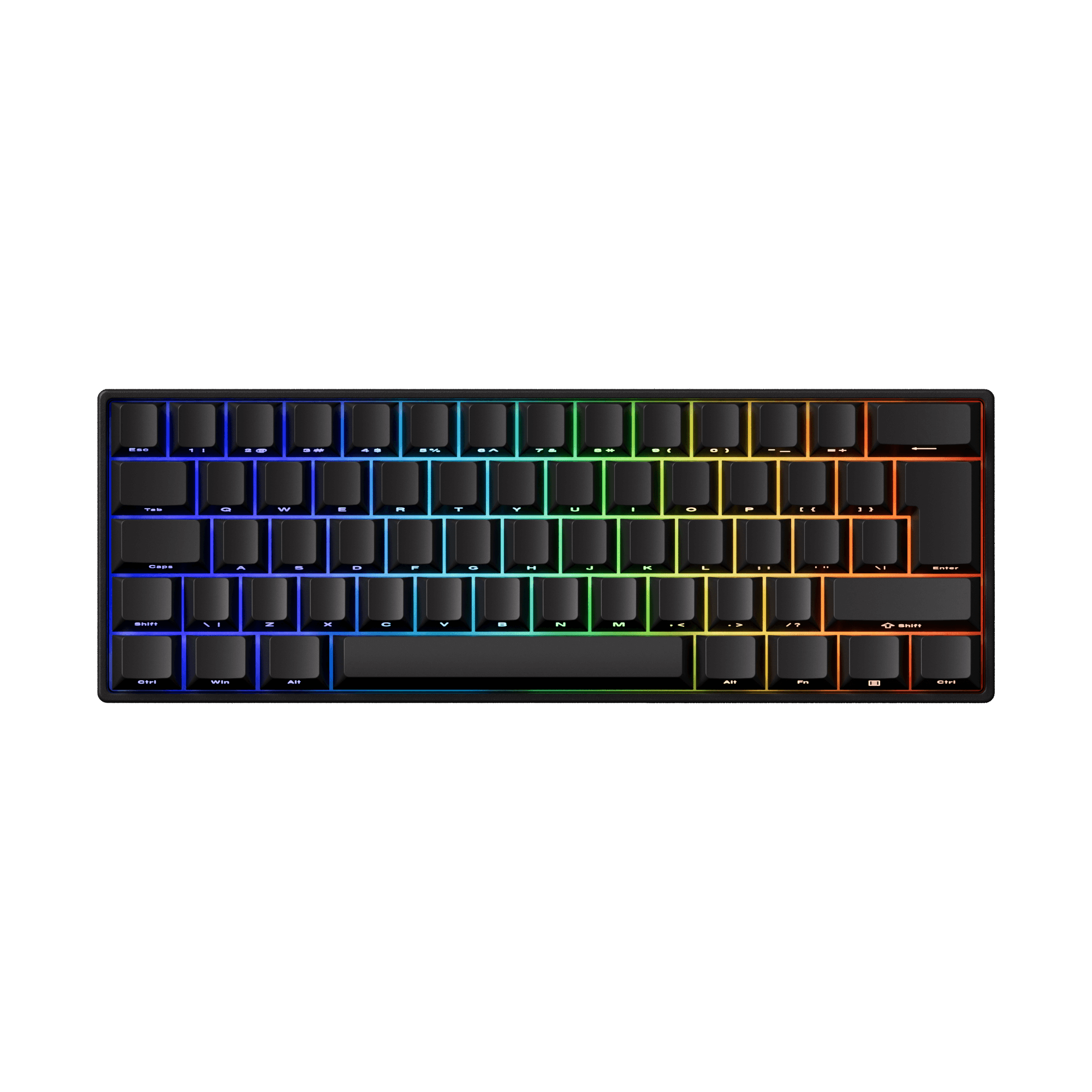
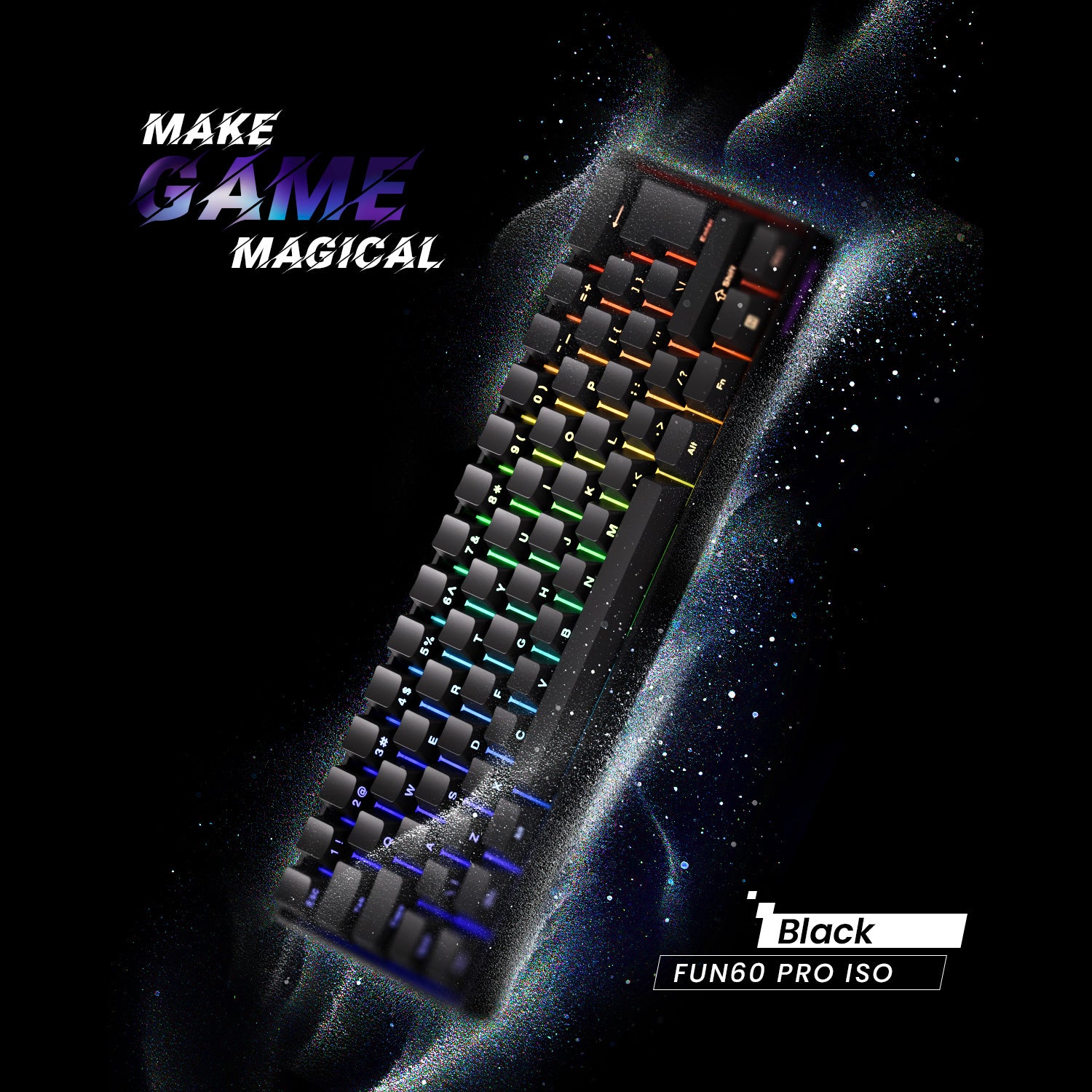
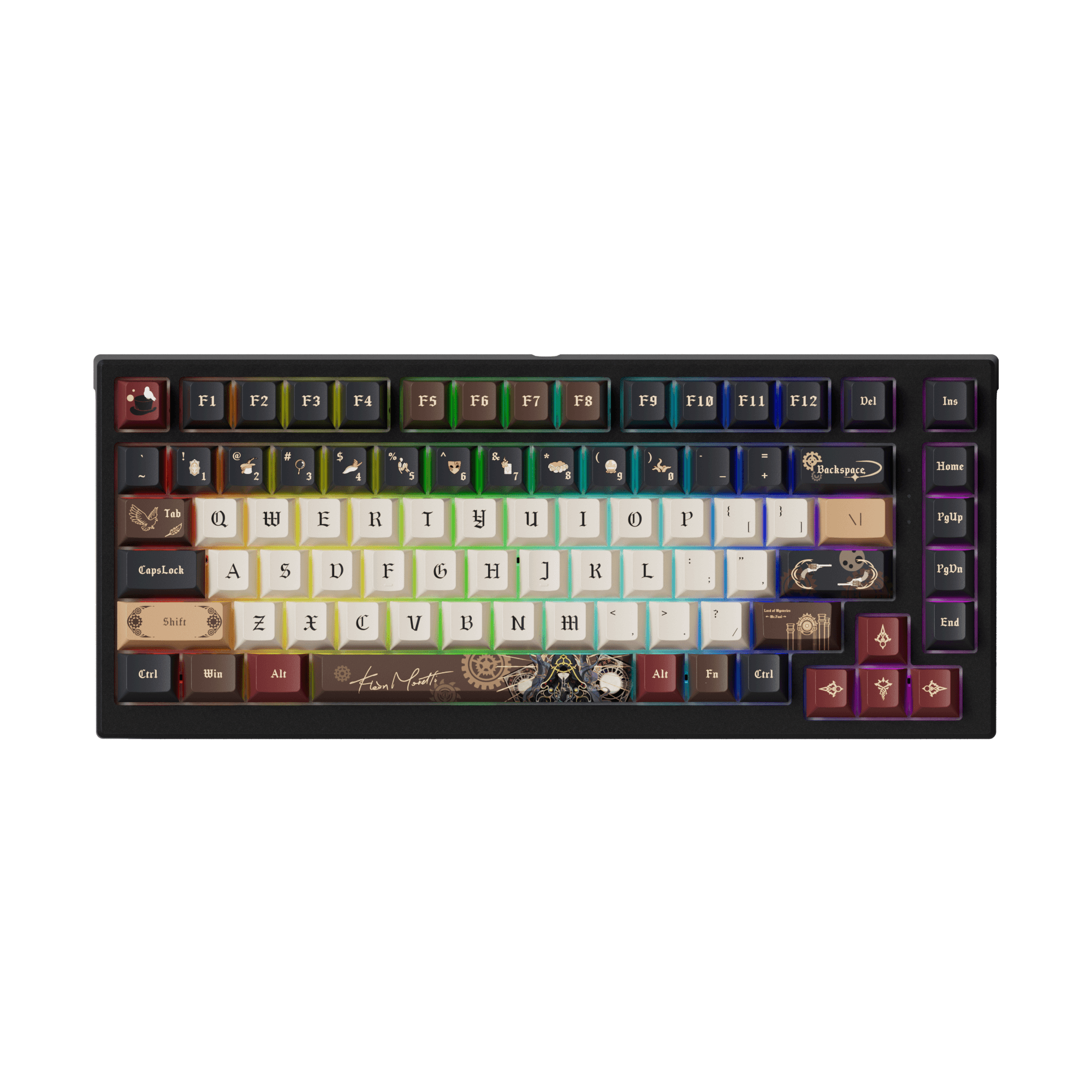
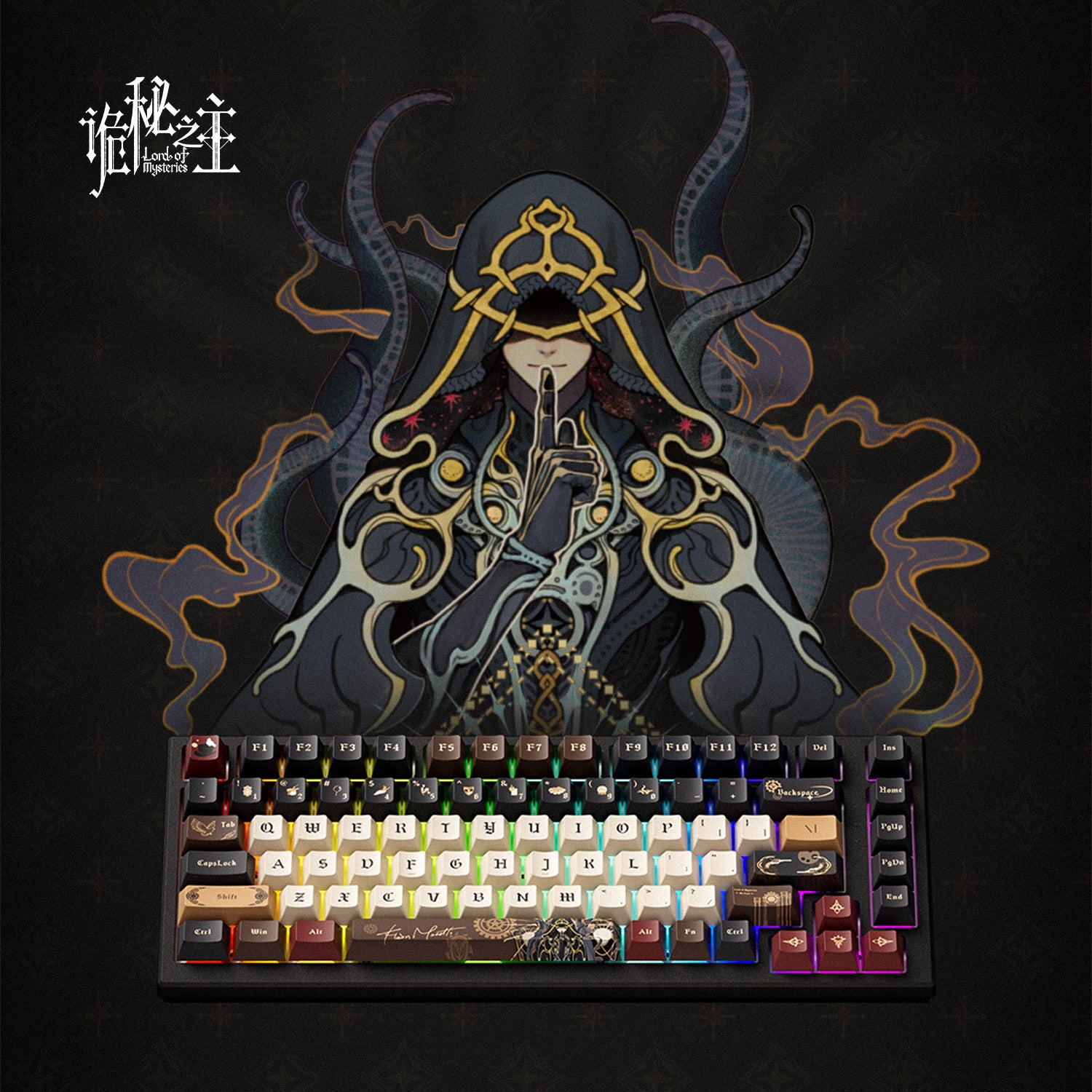
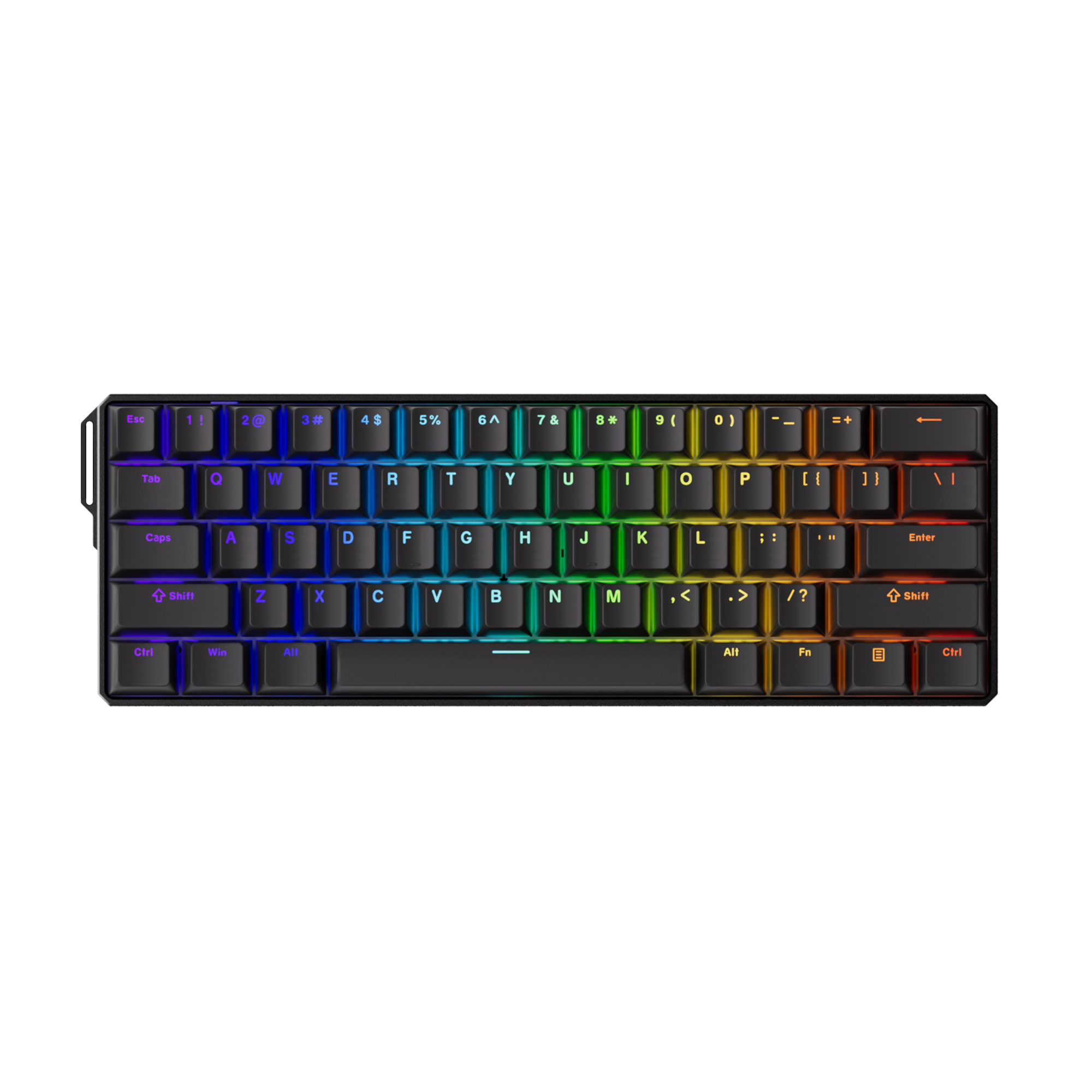
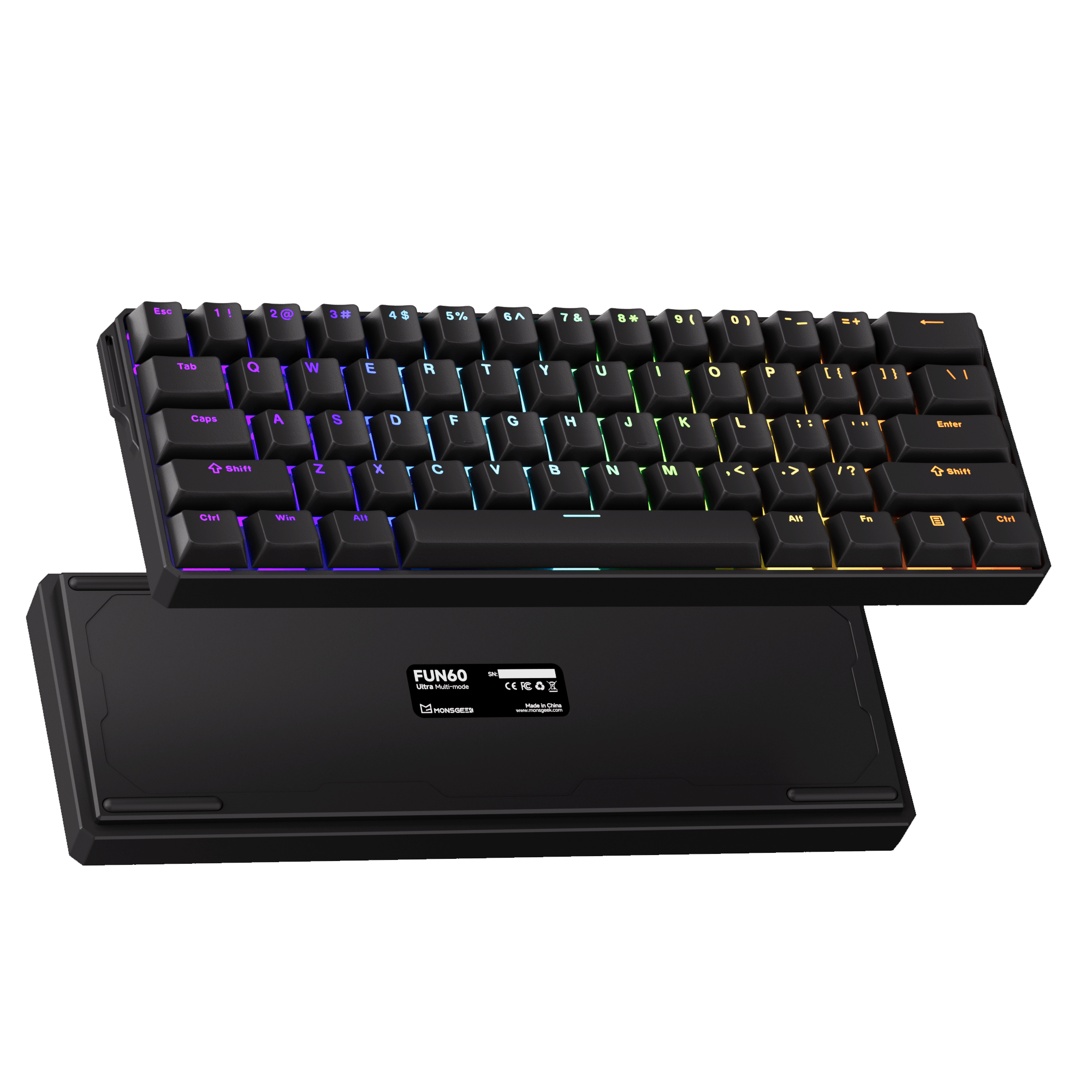


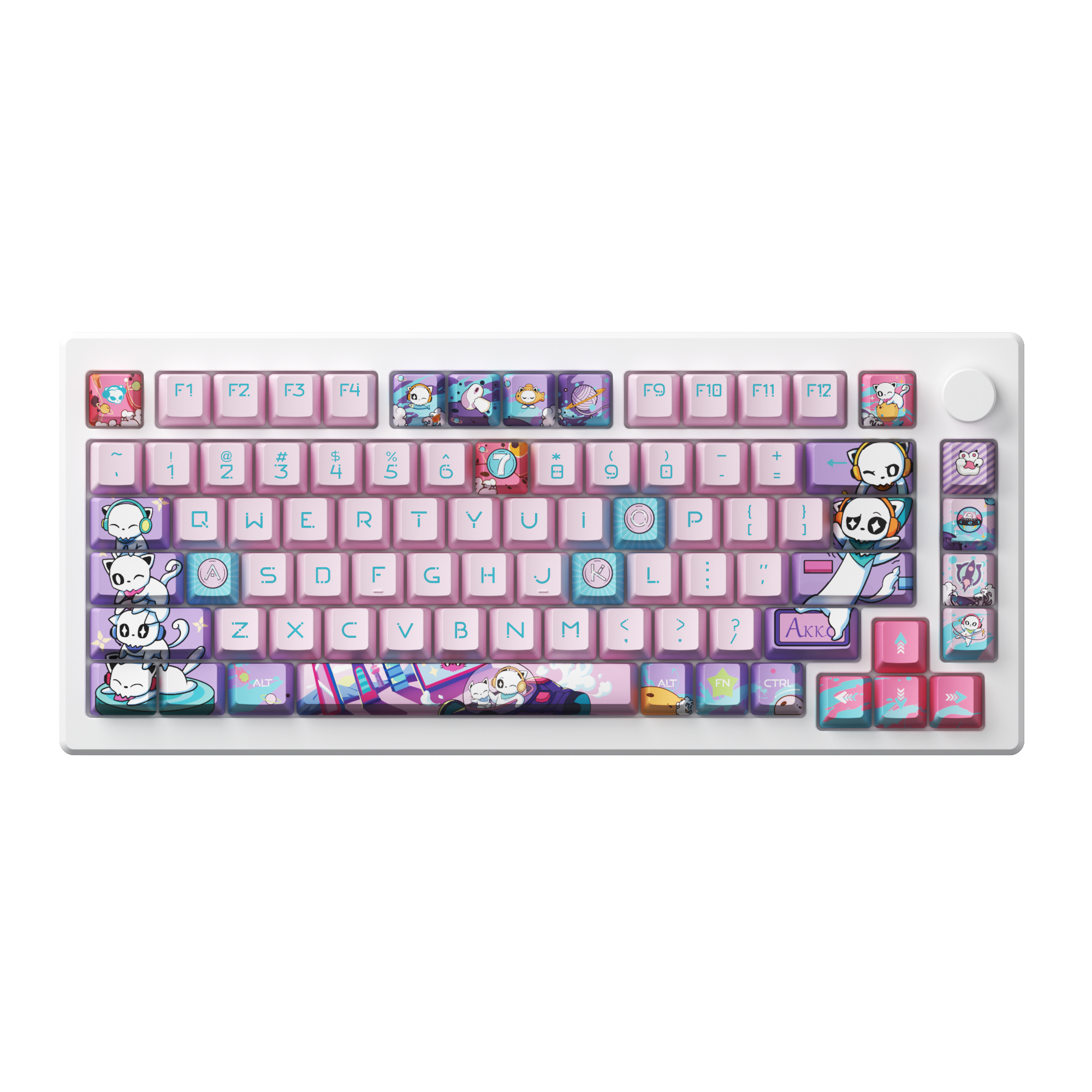
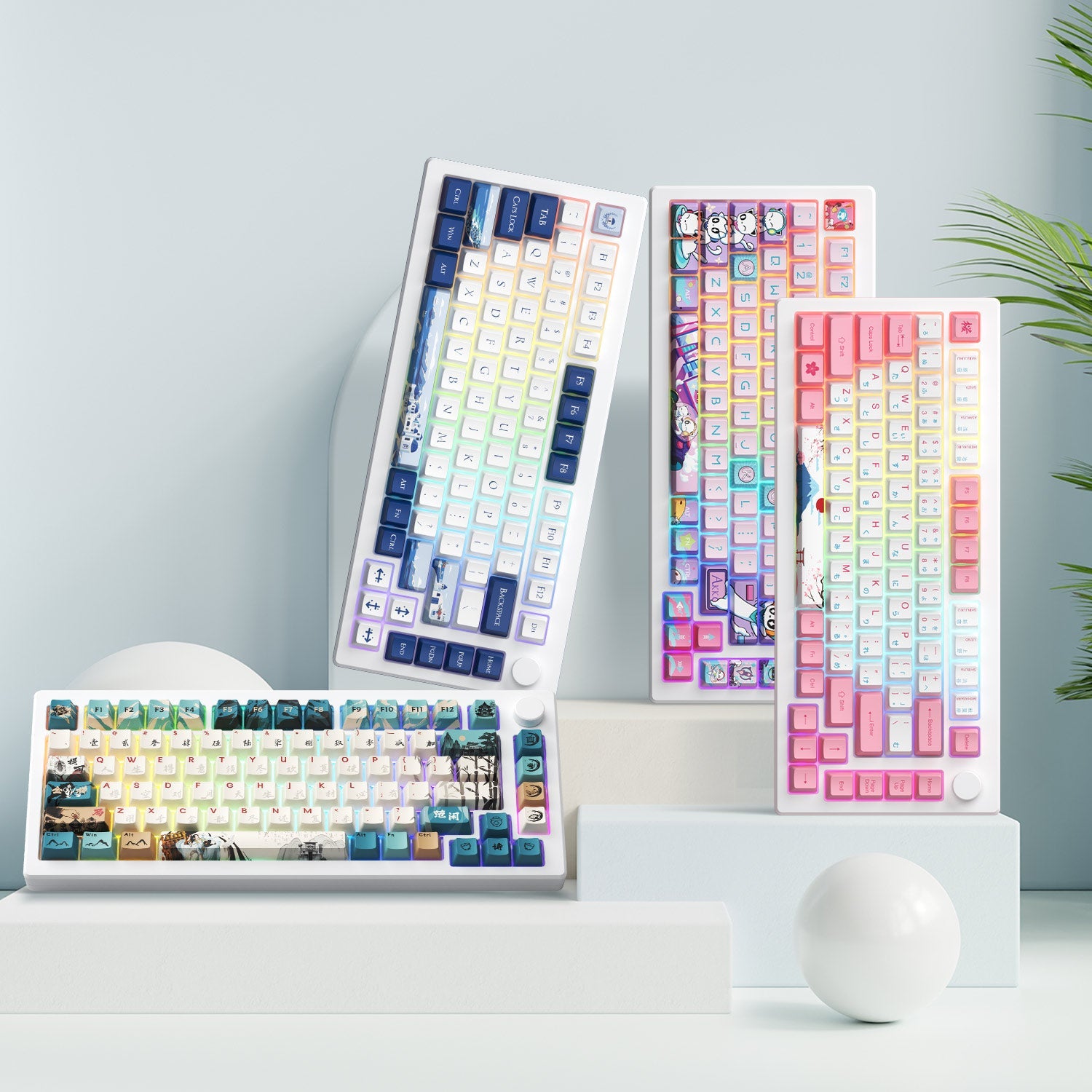
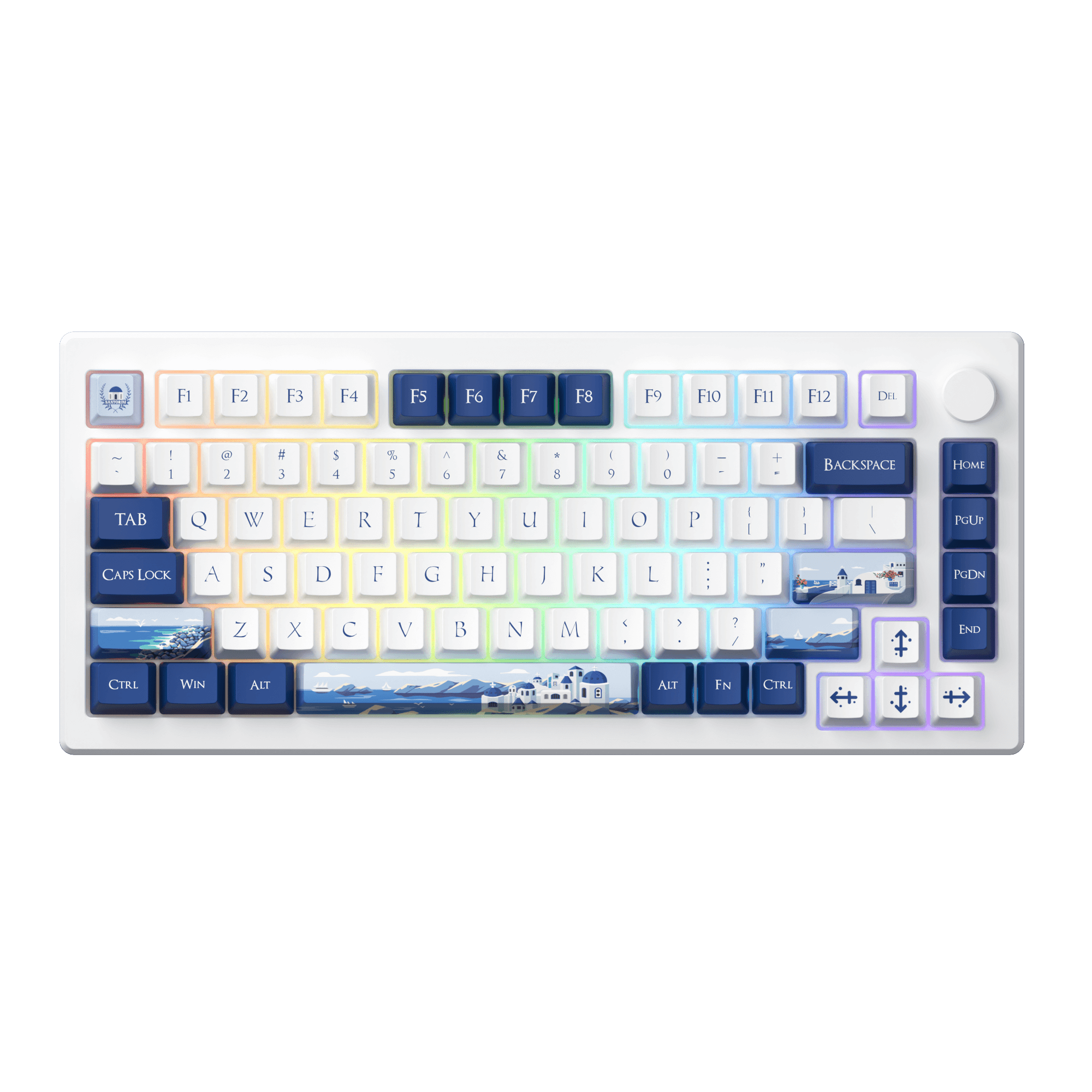
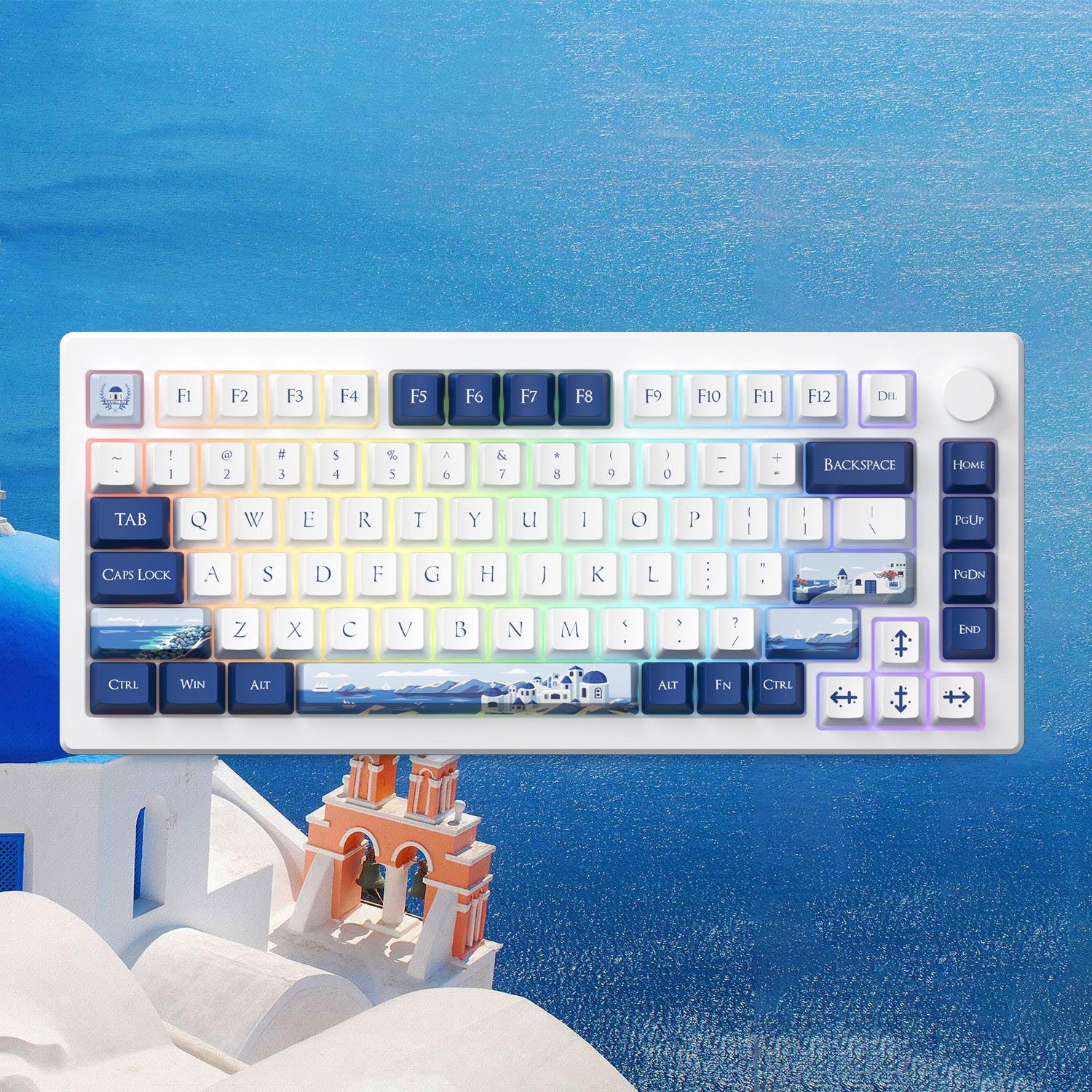
Commenta
Nota che i commenti devono essere approvati prima di essere pubblicati.
Questo sito è protetto da hCaptcha e applica le Norme sulla privacy e i Termini di servizio di hCaptcha.